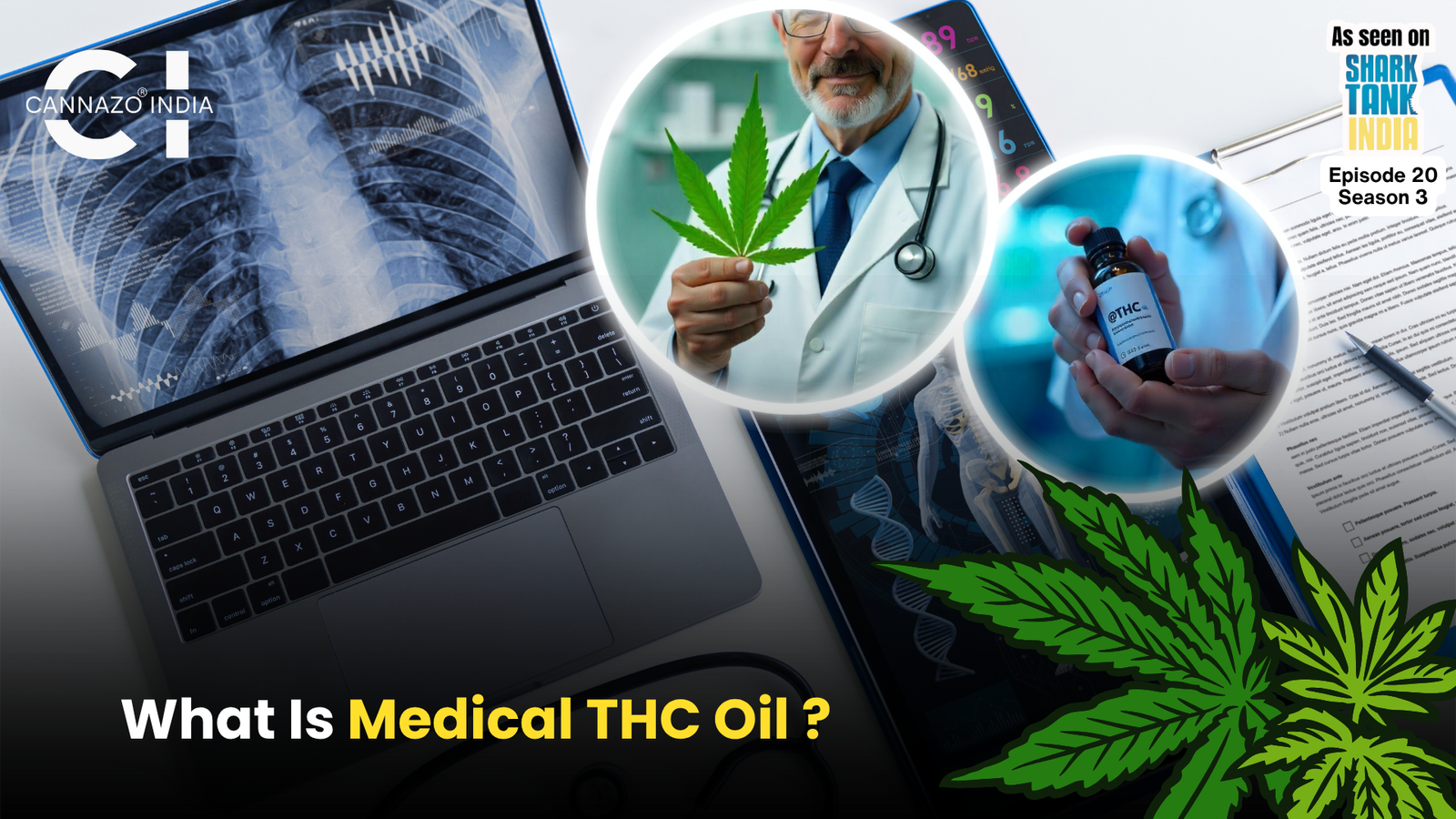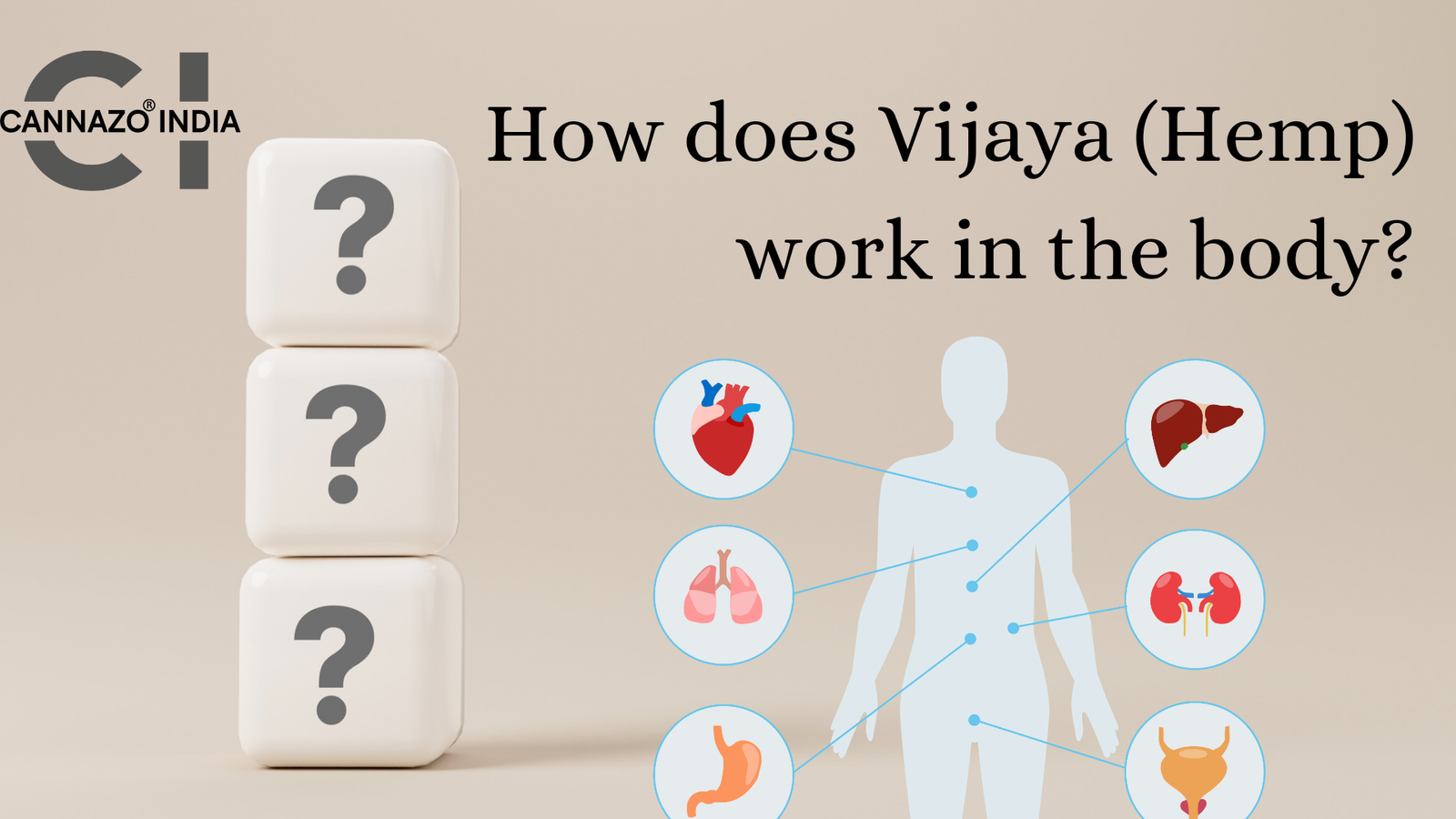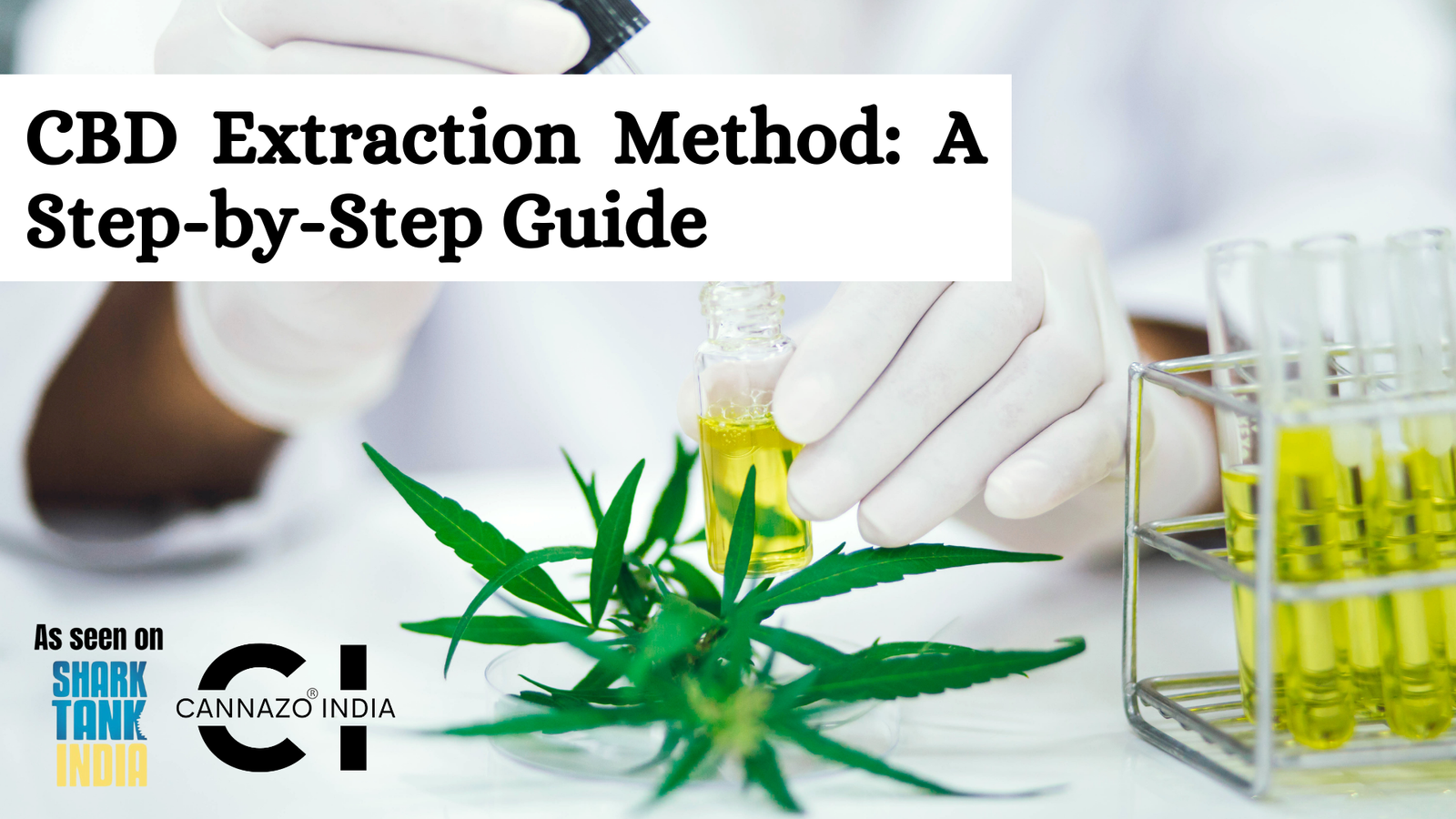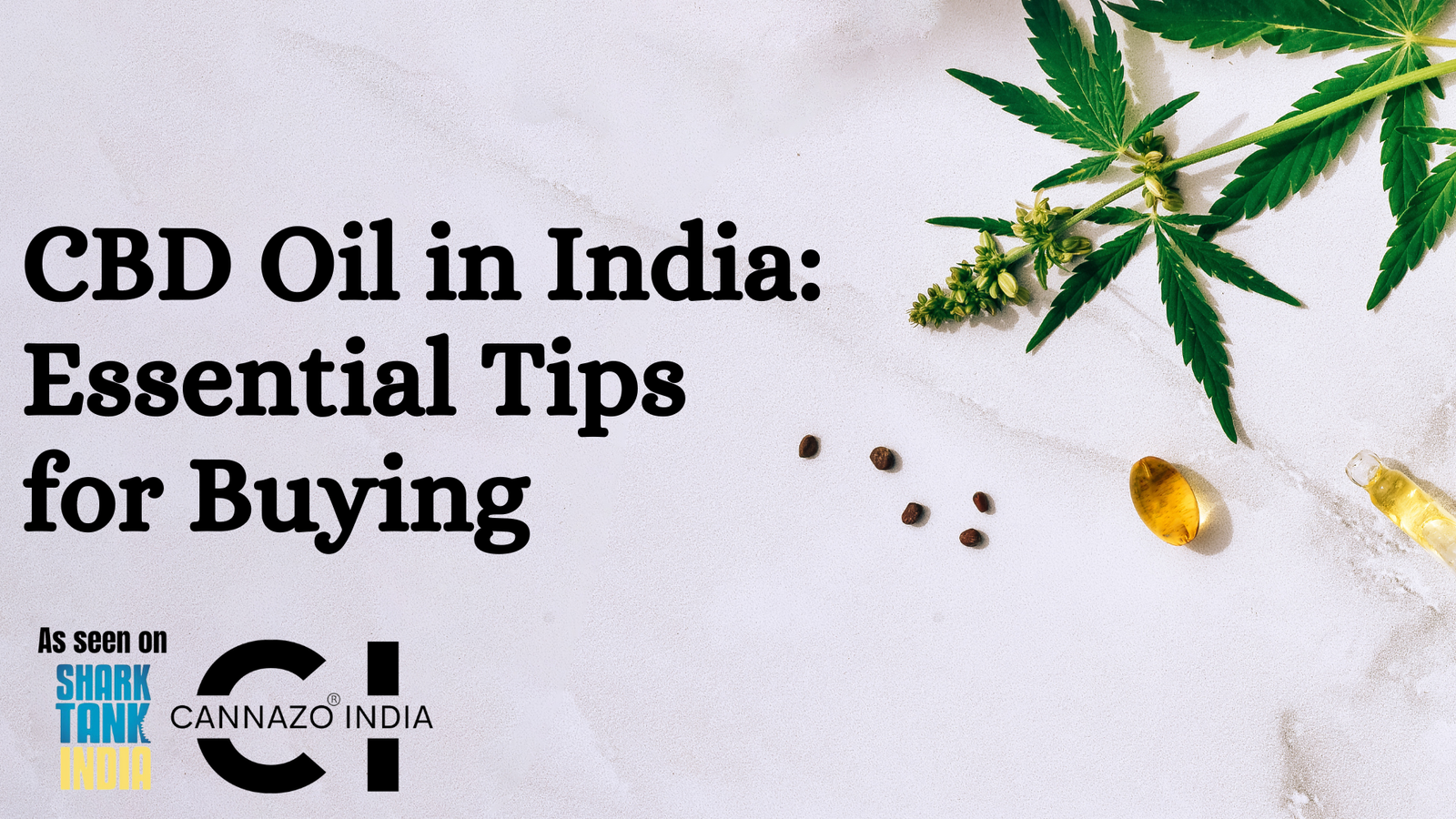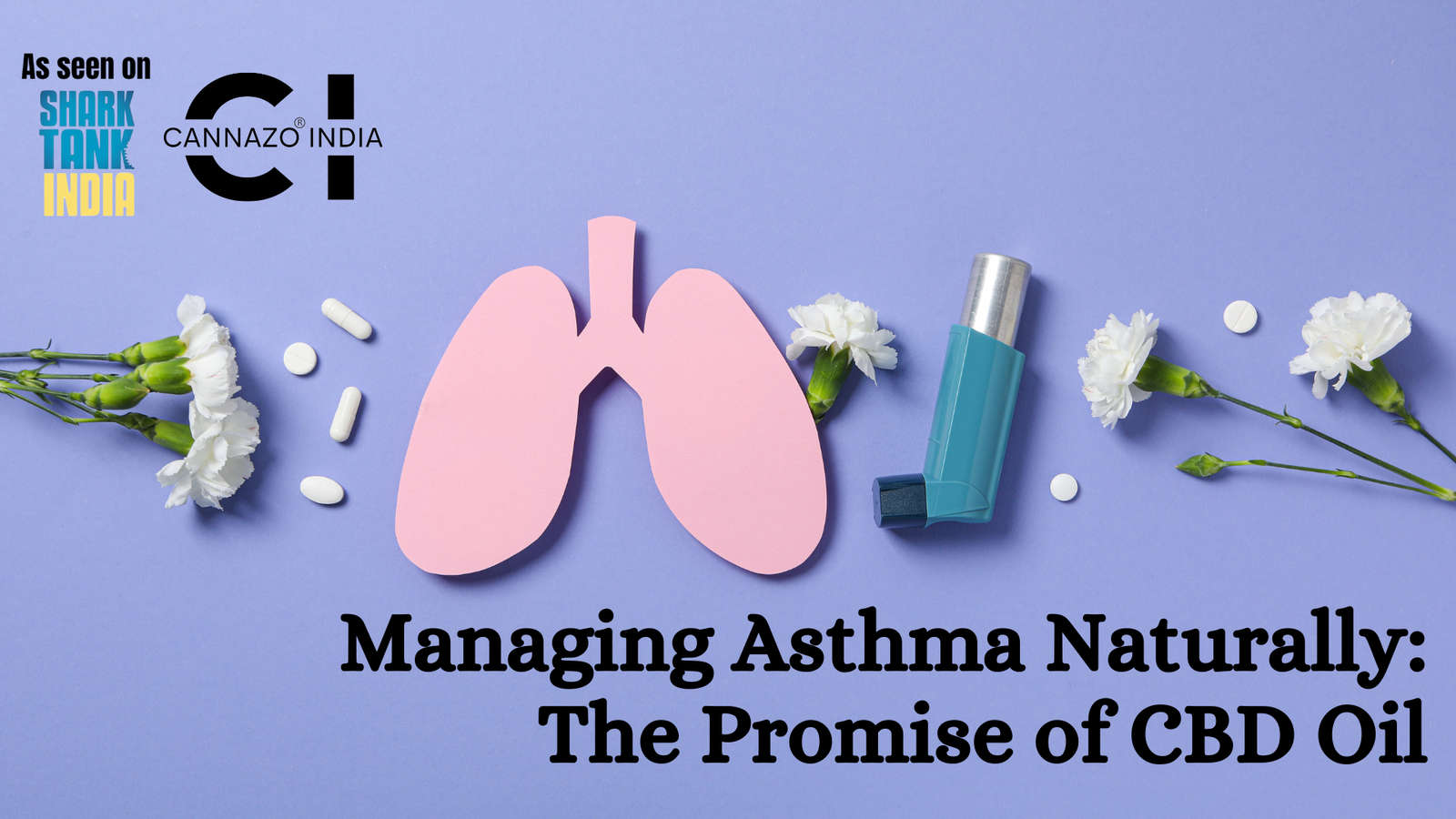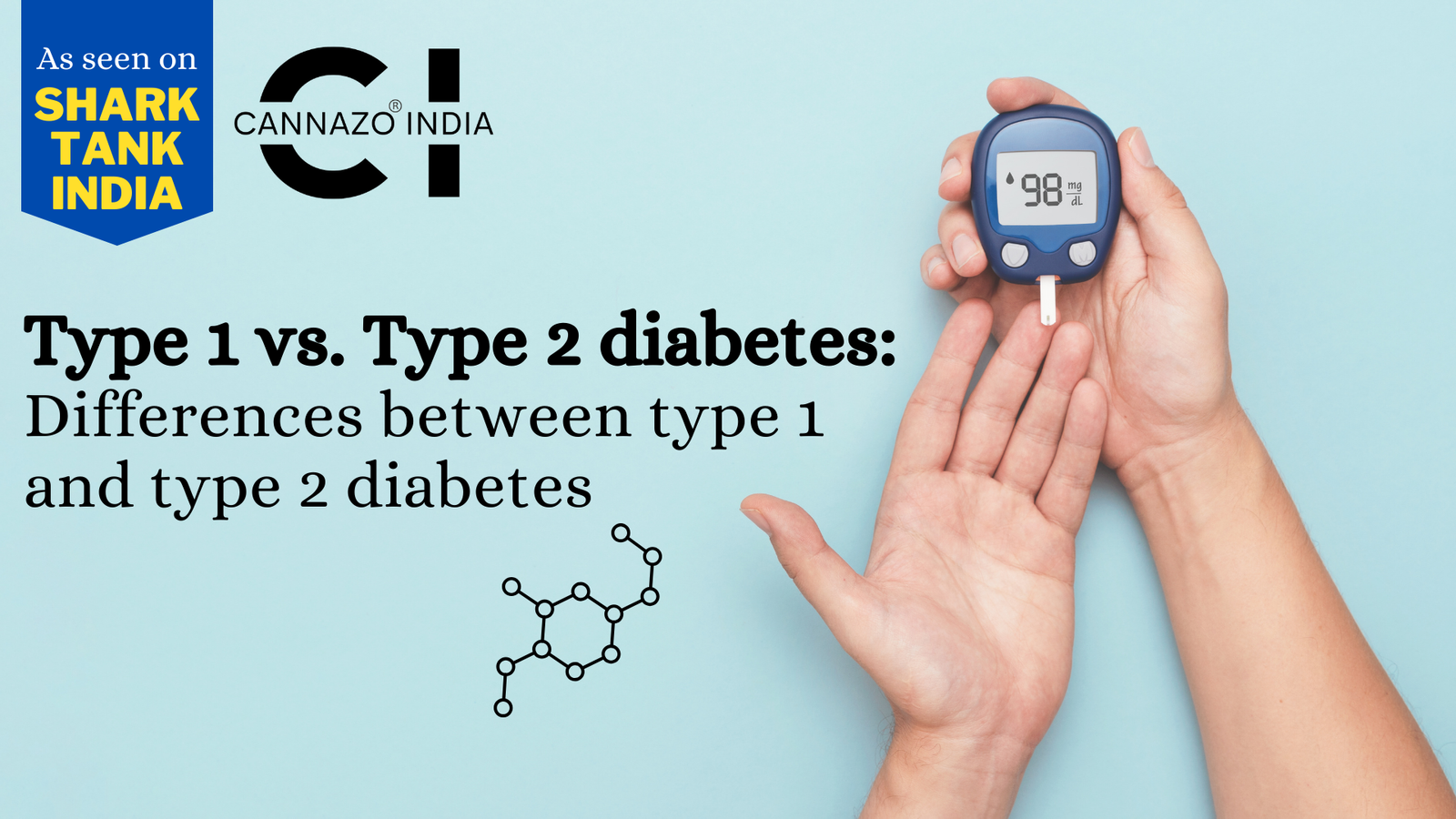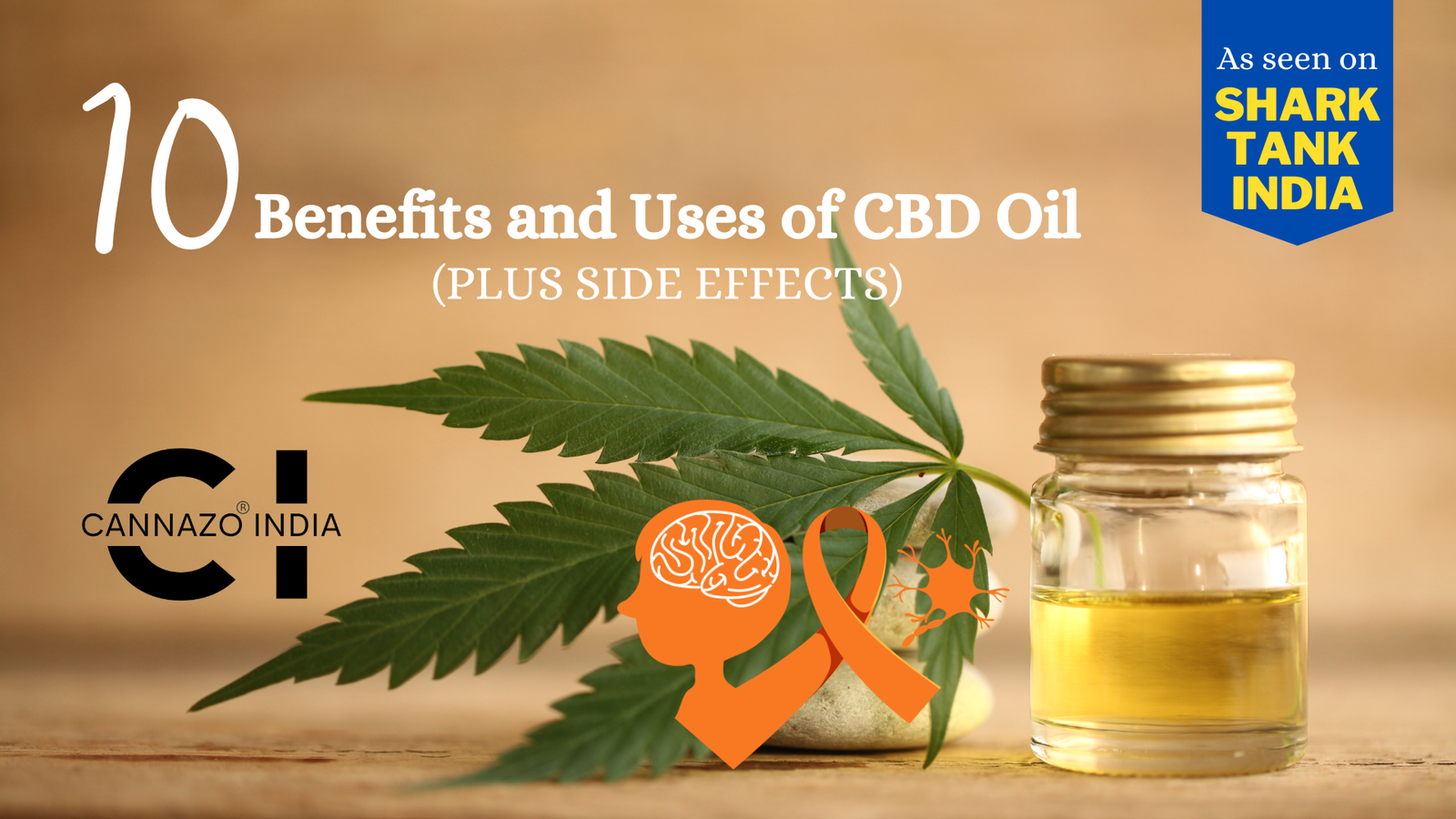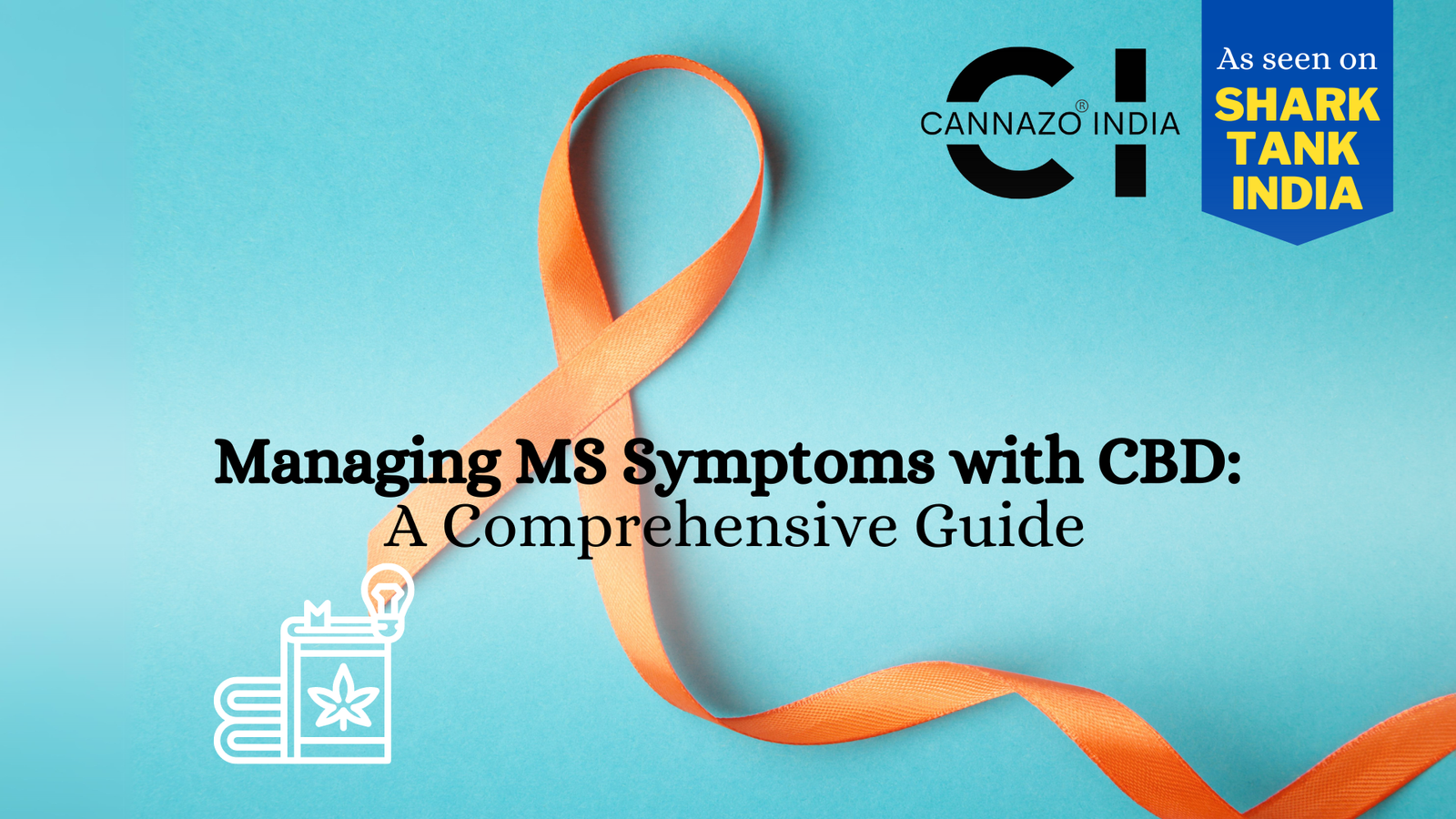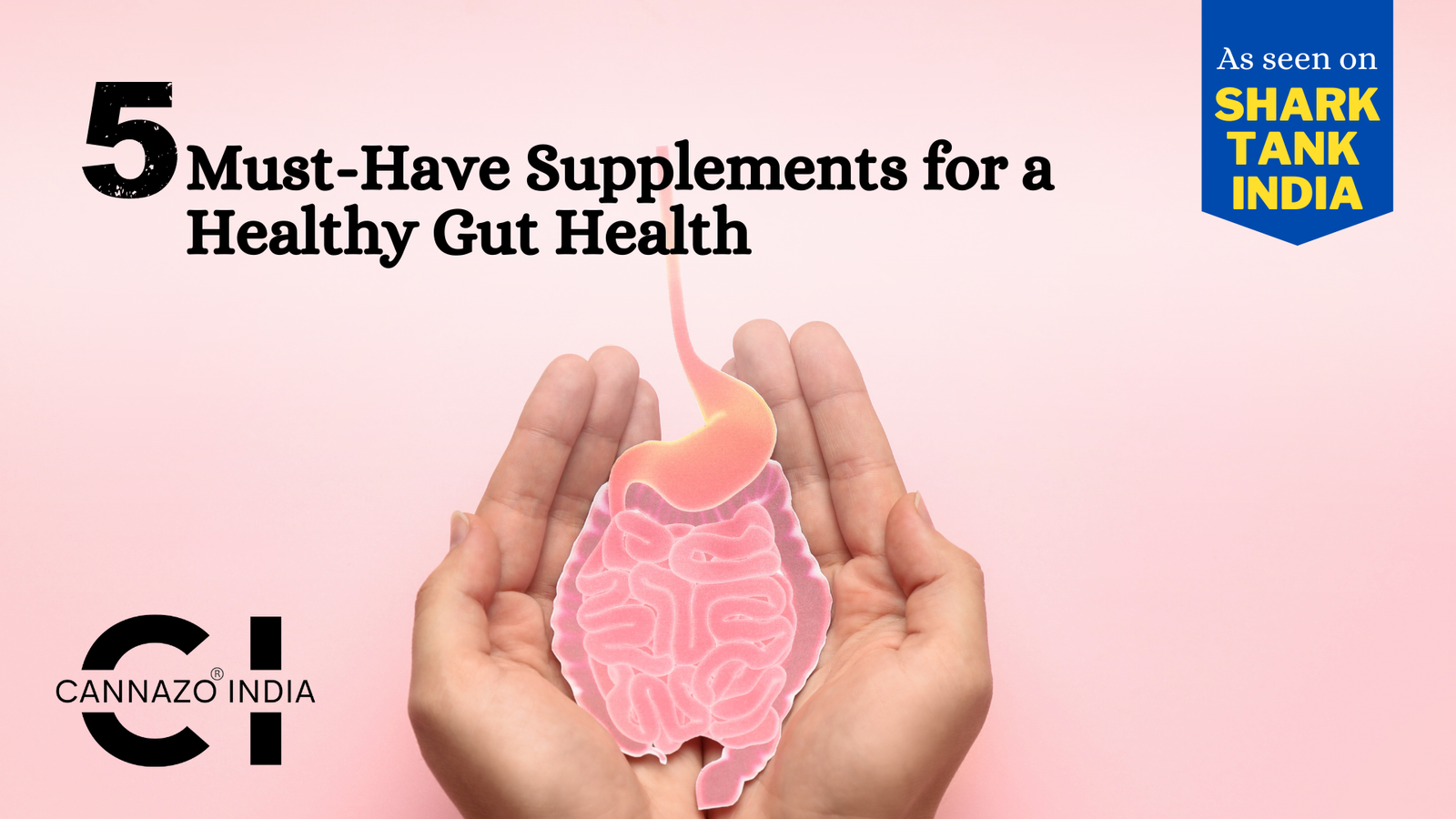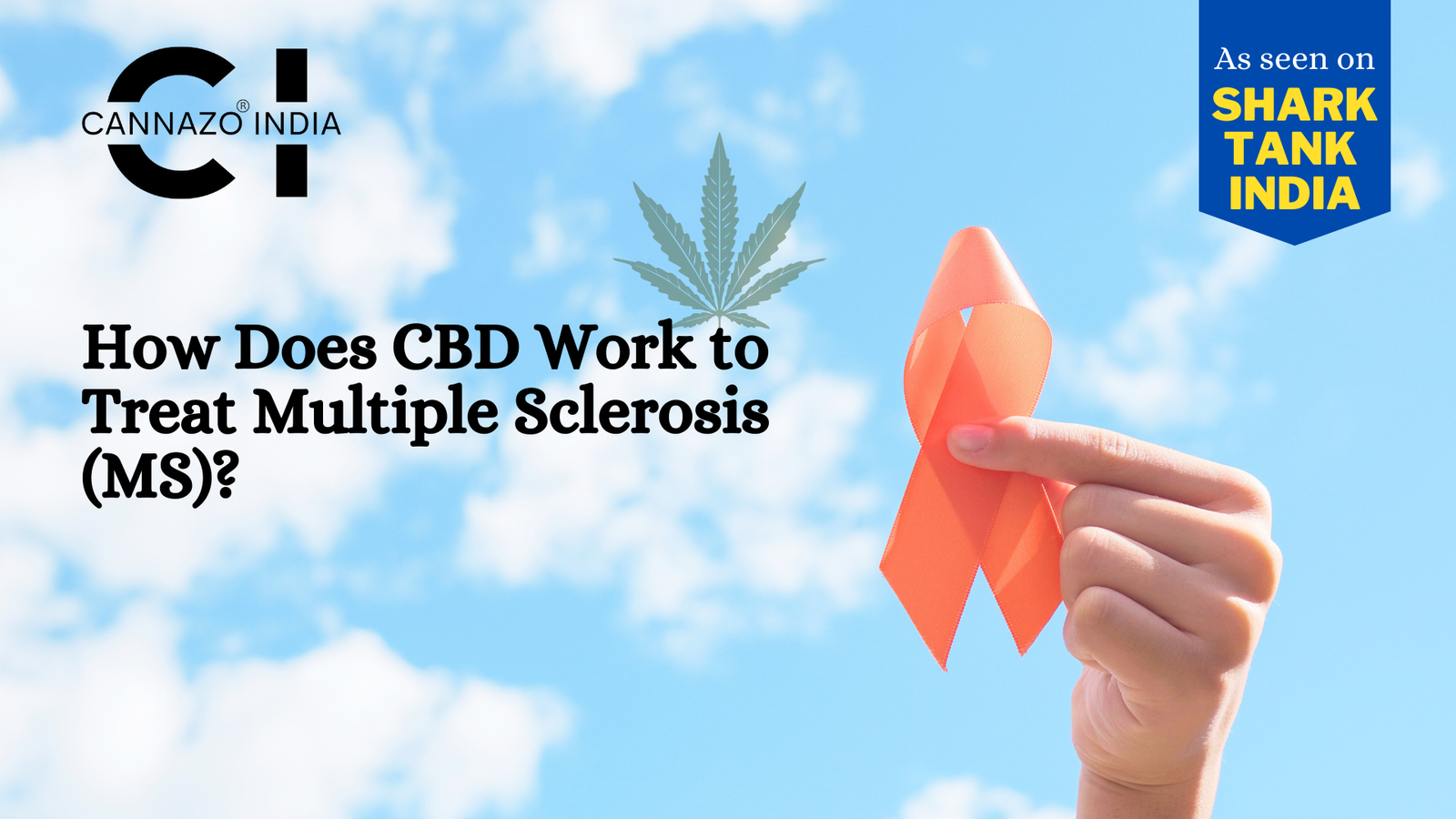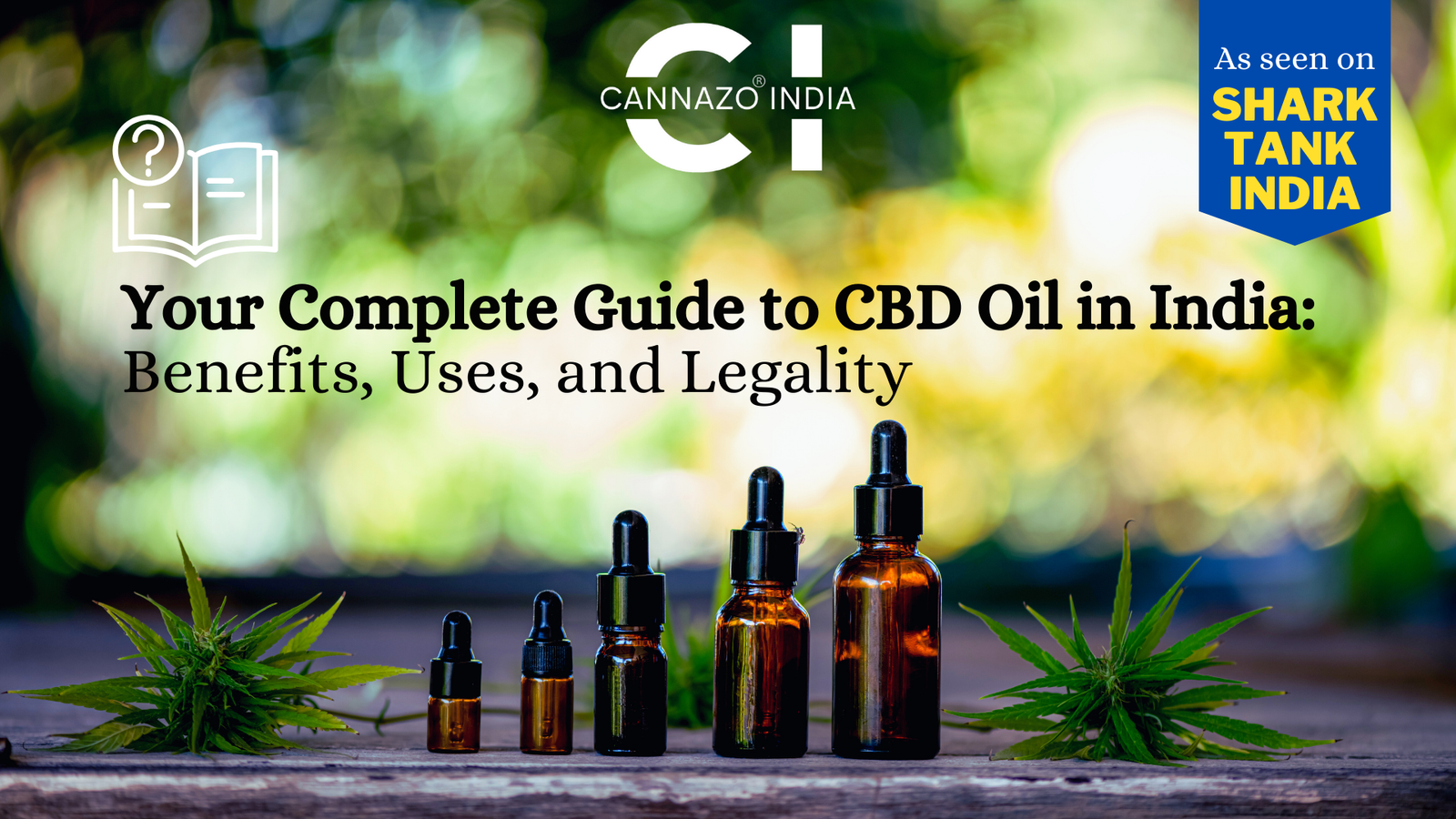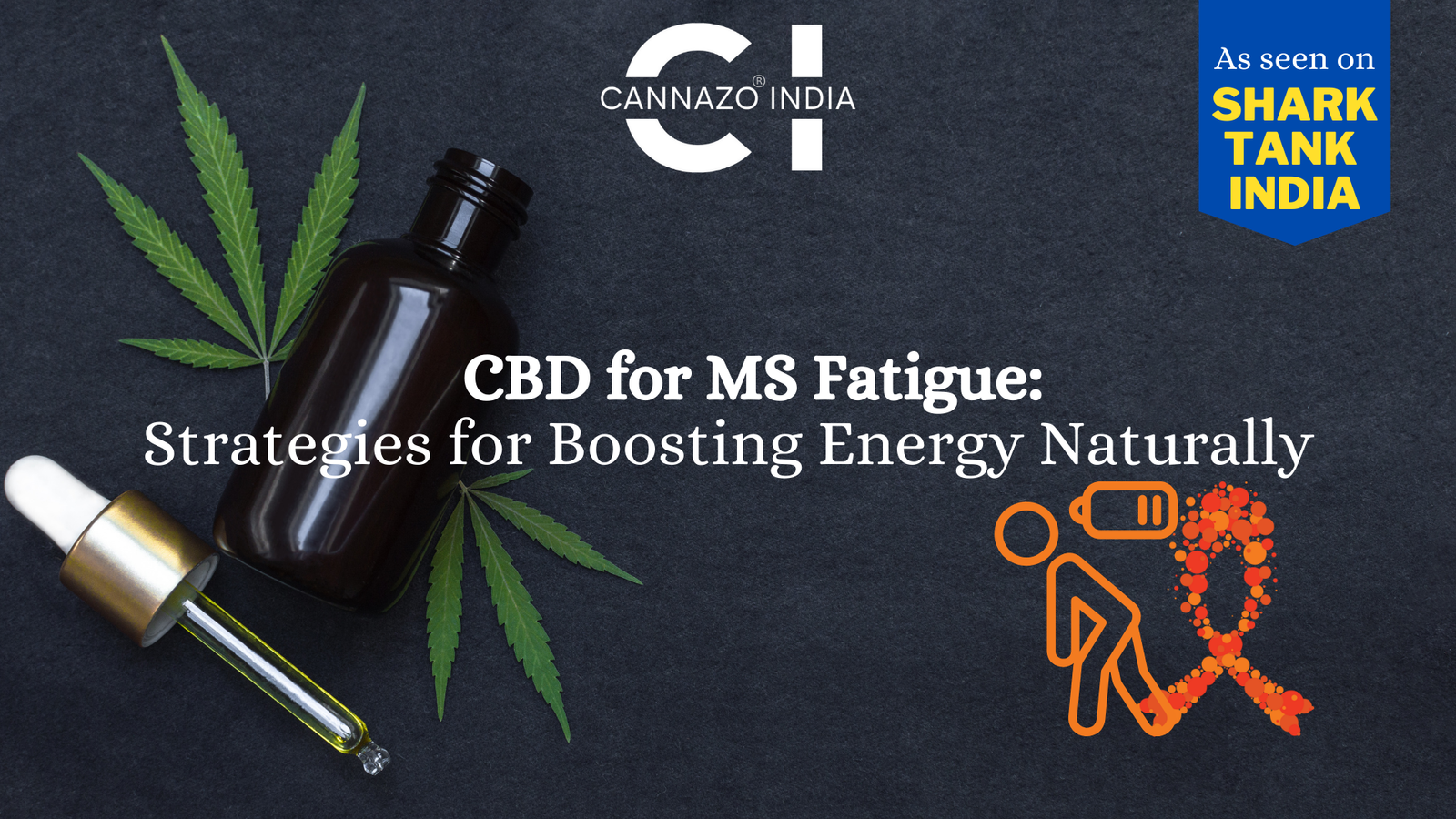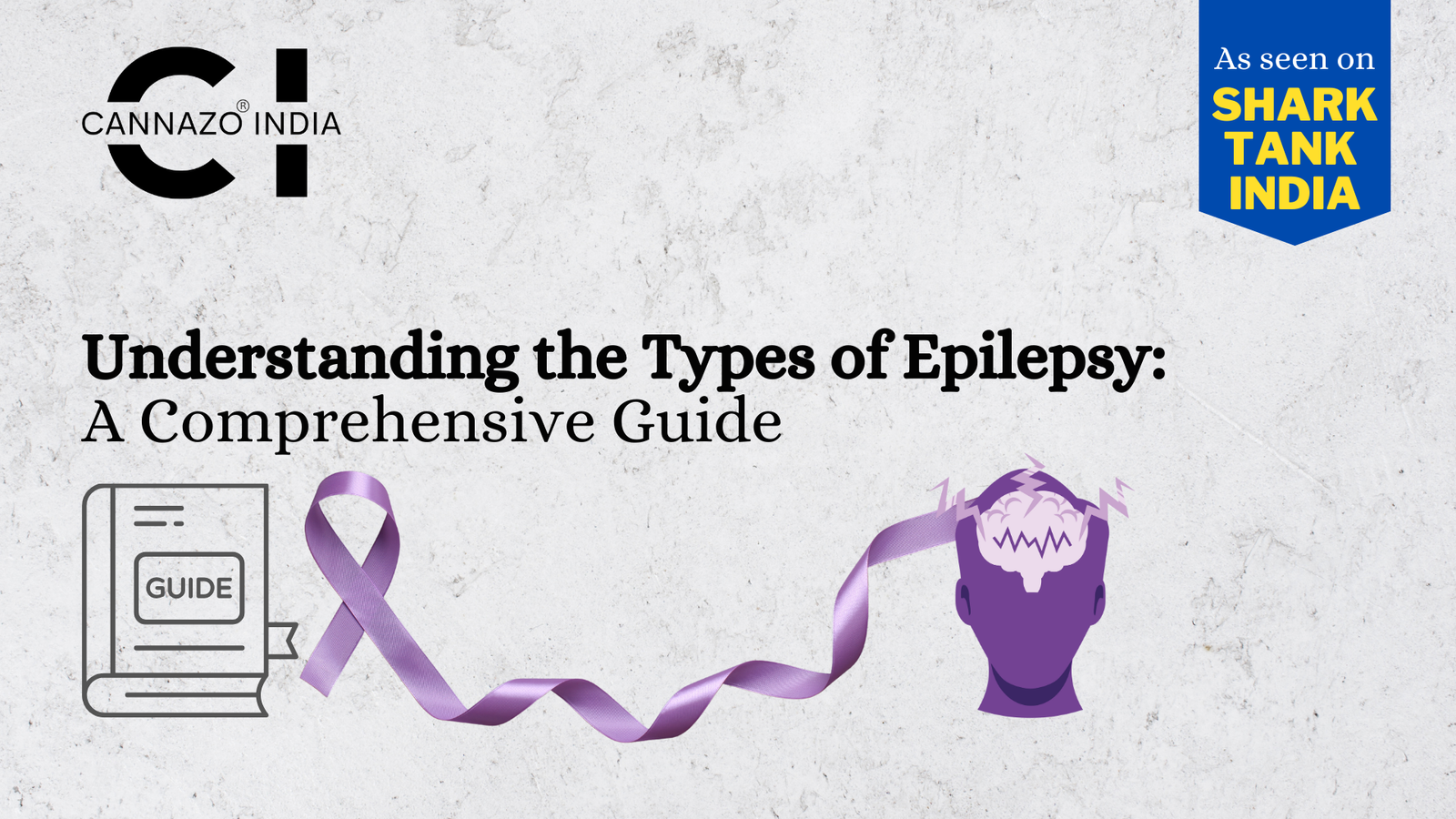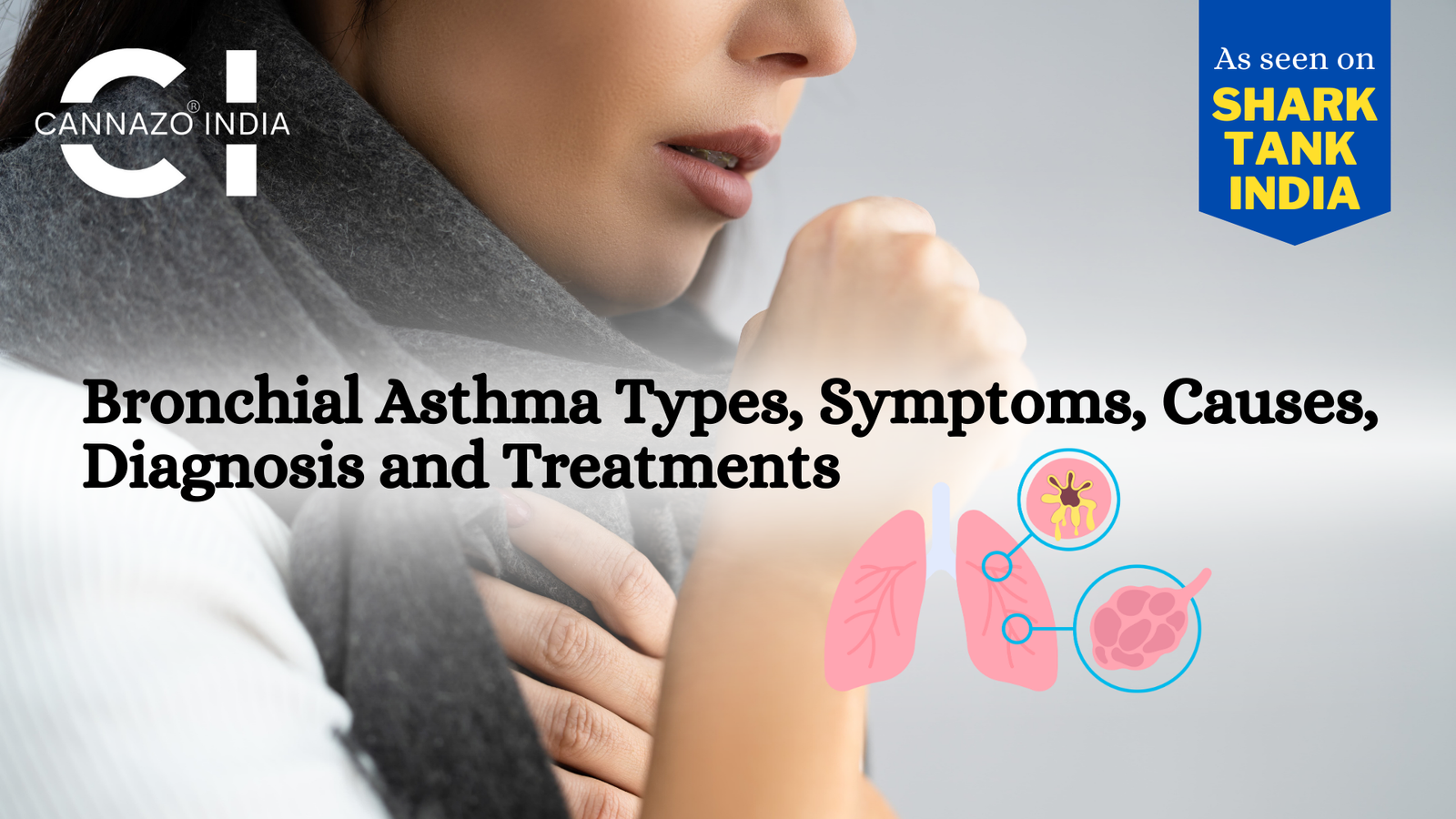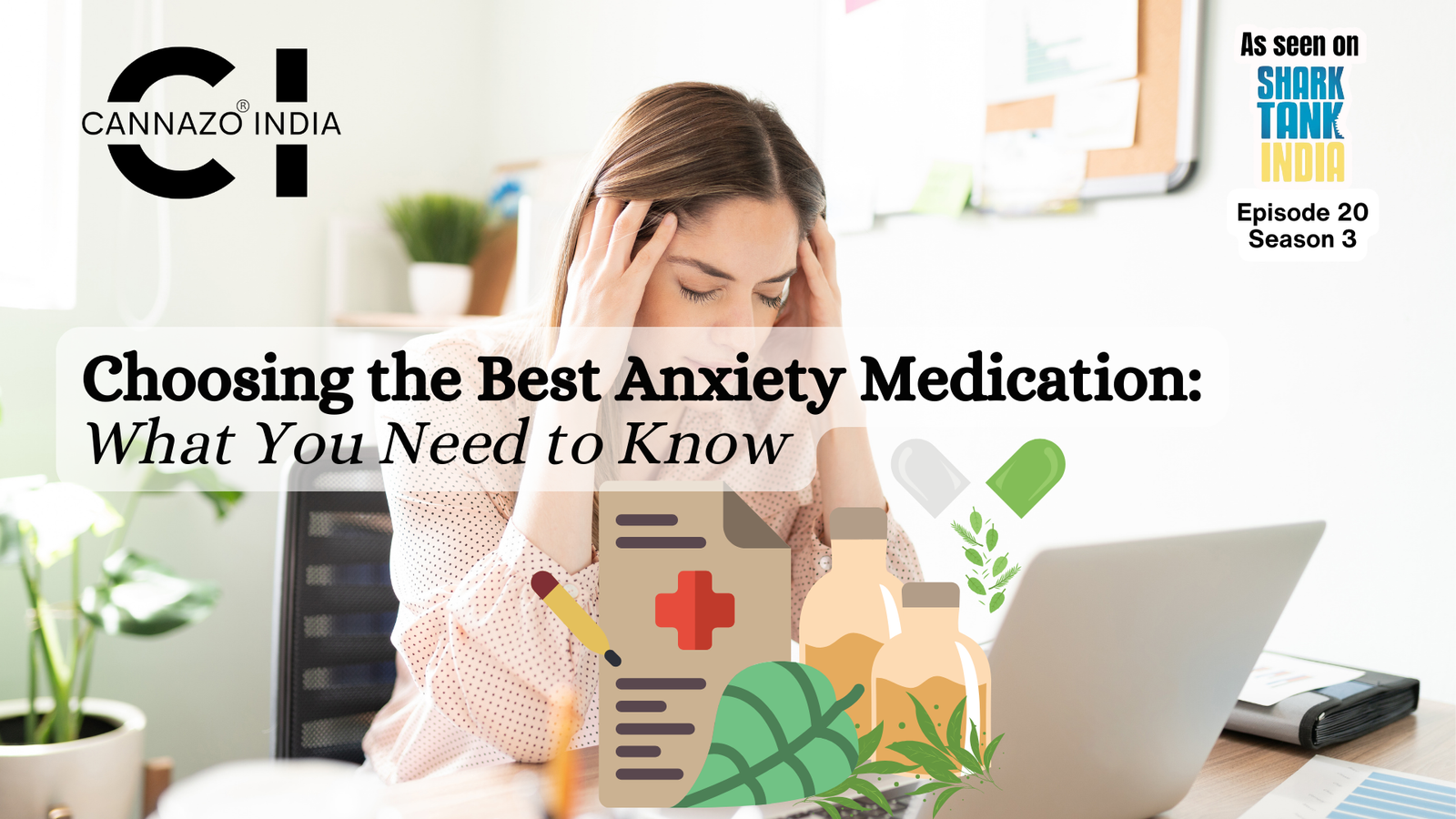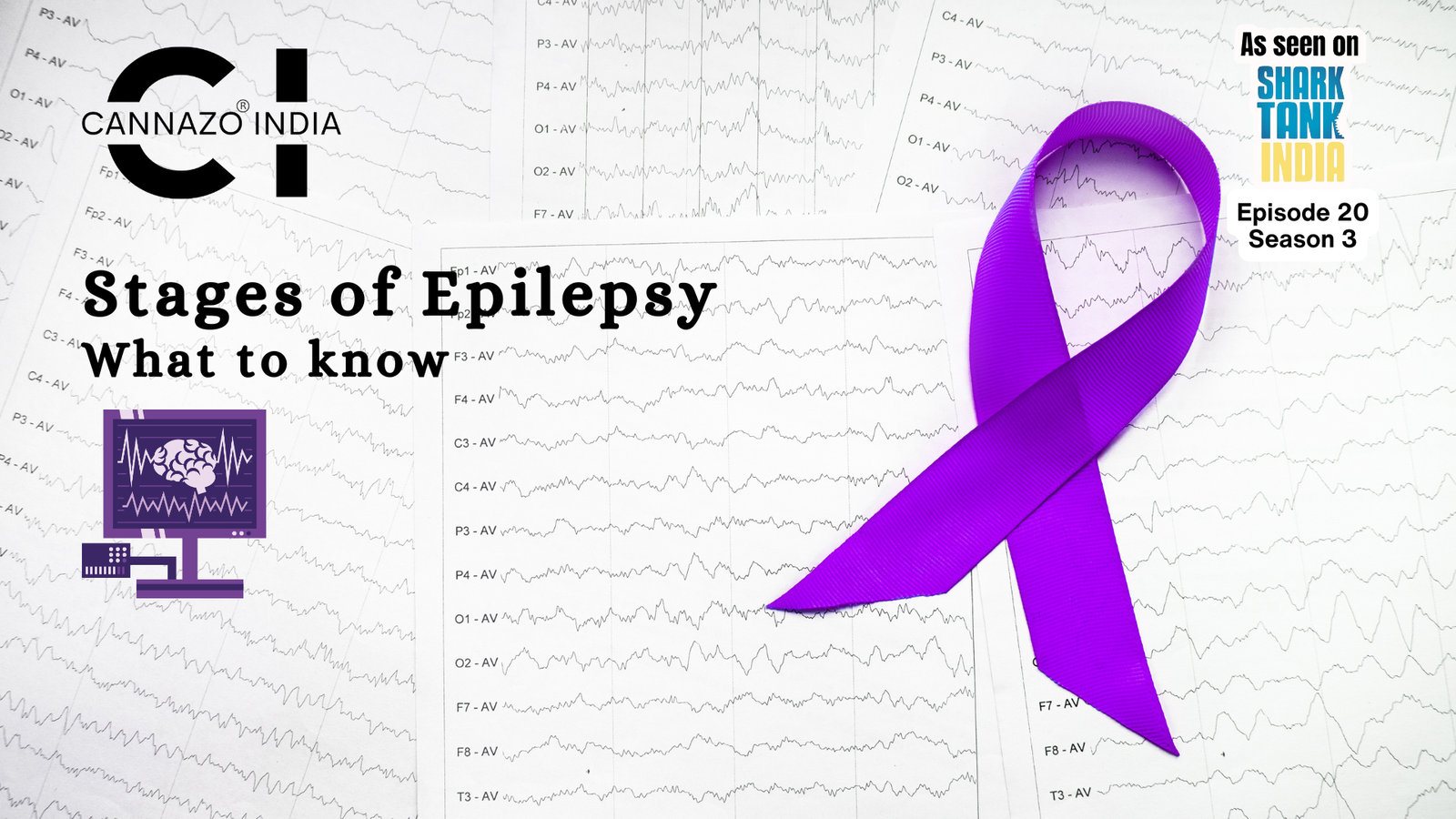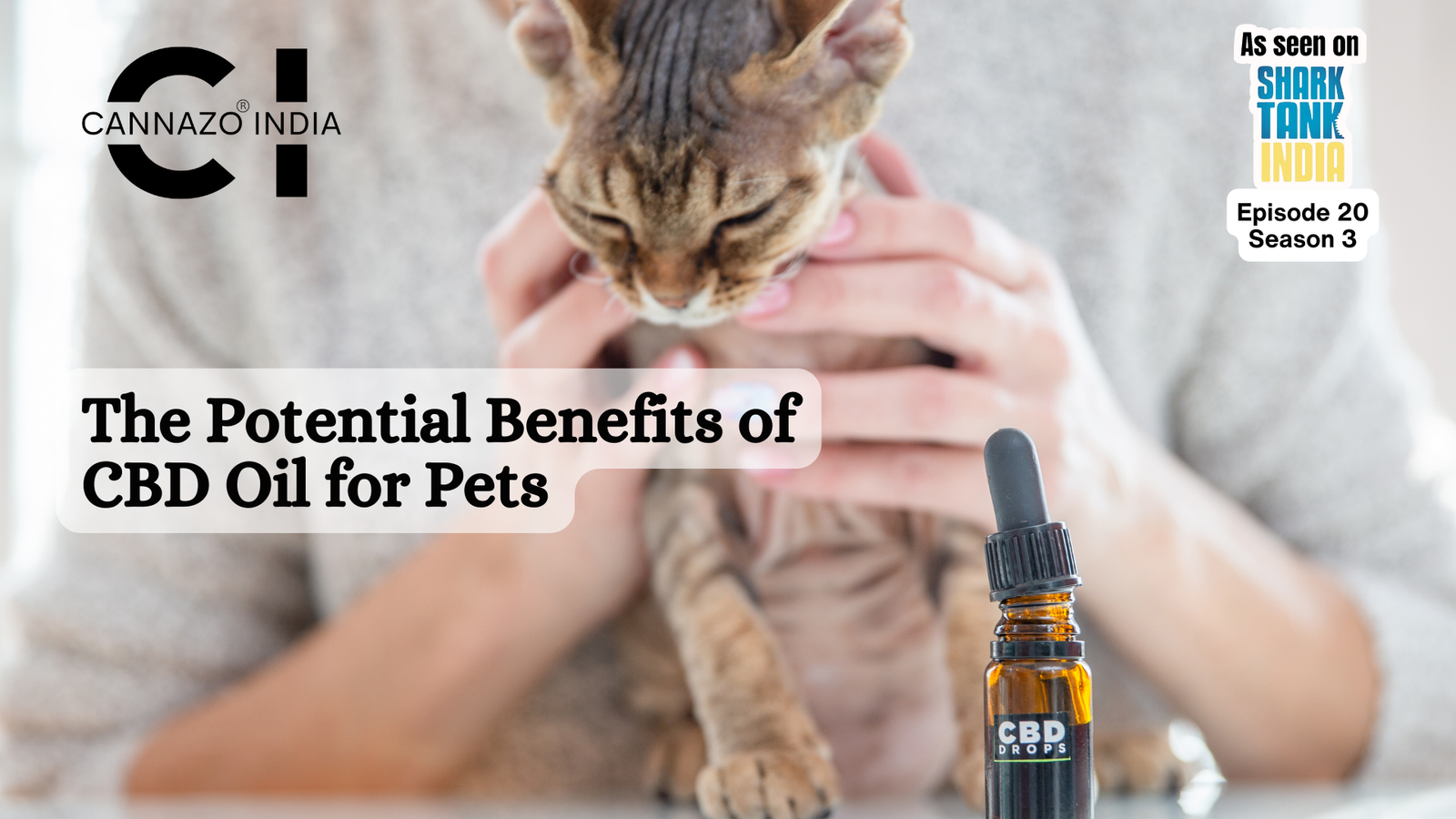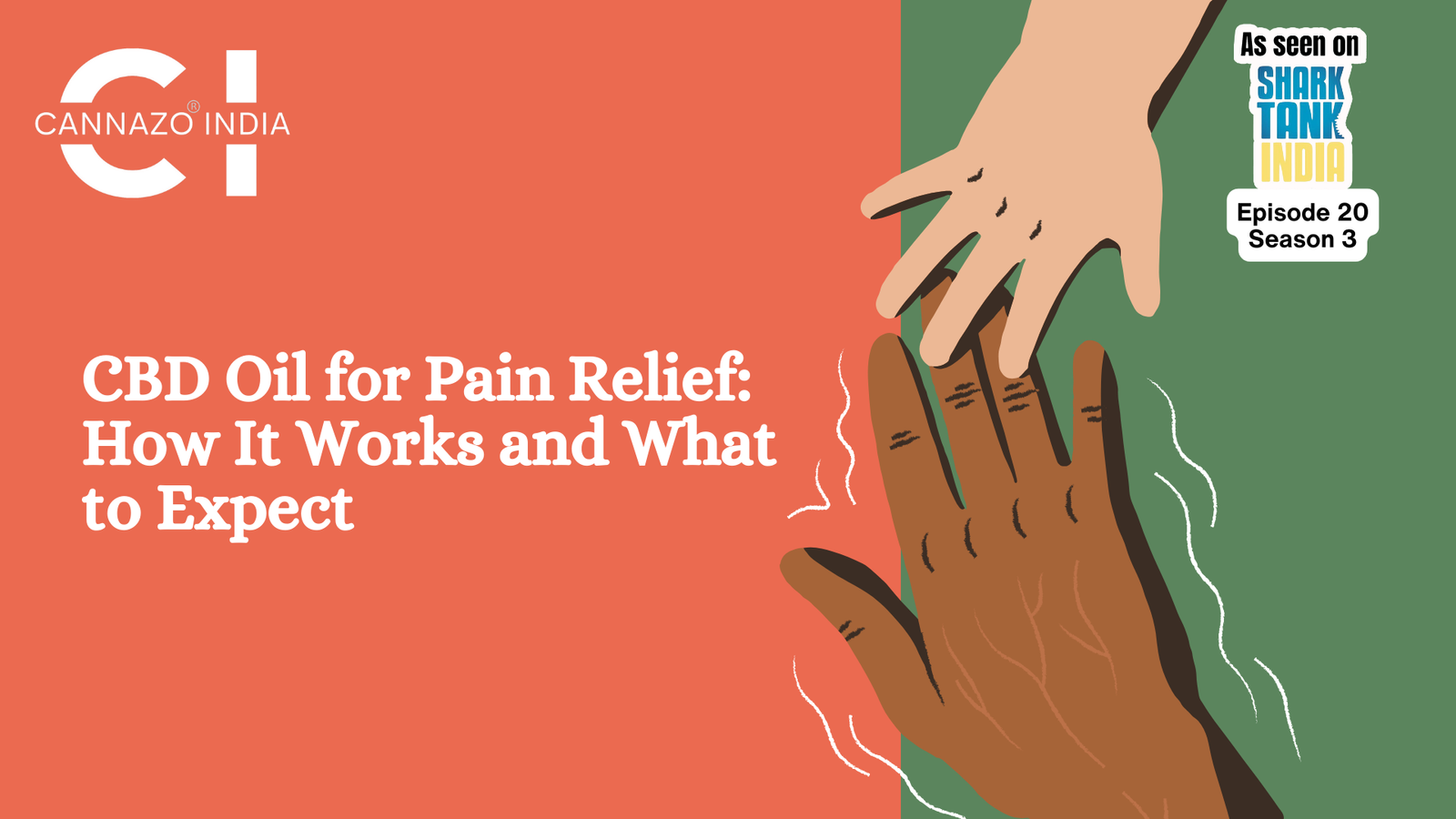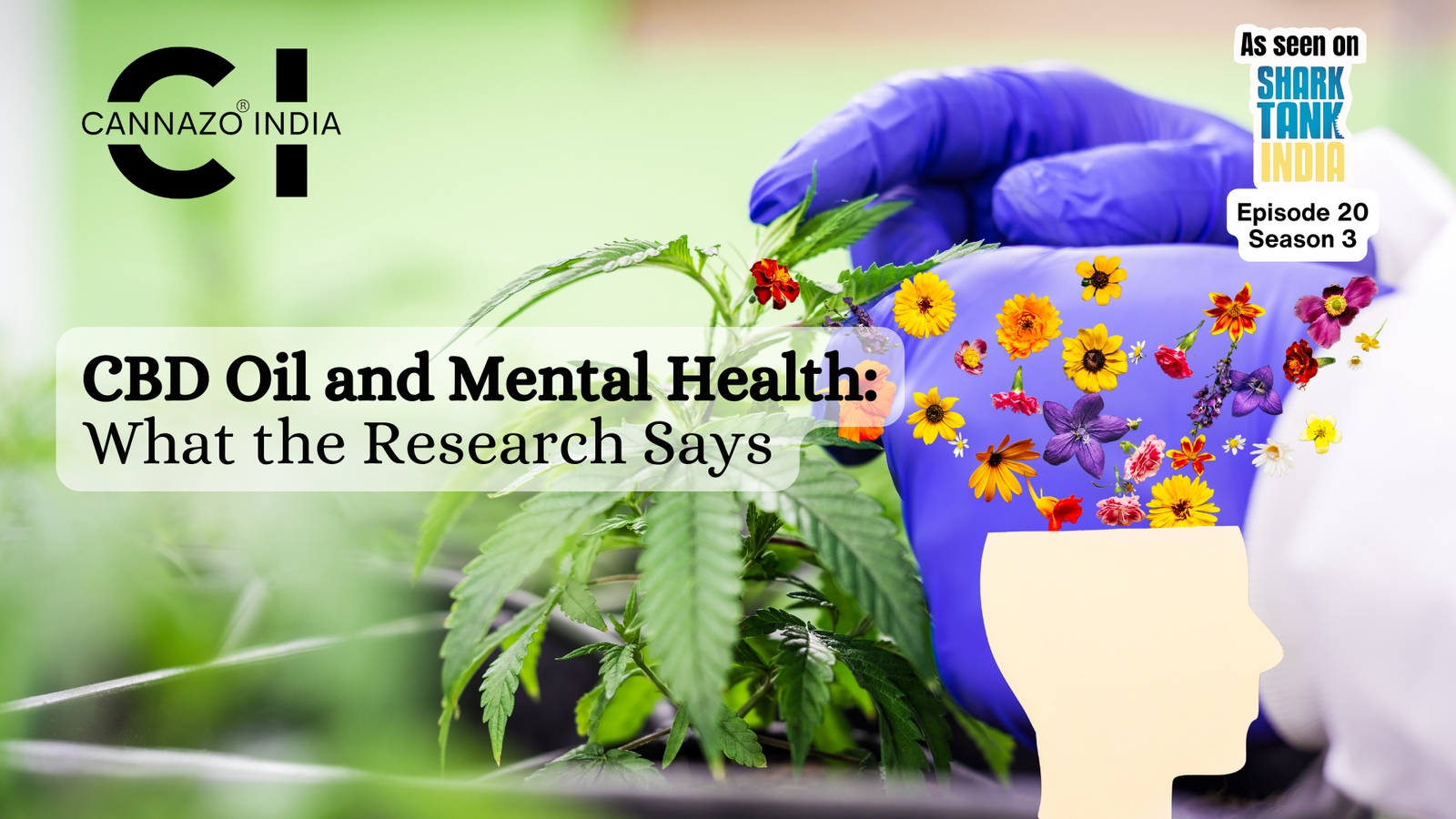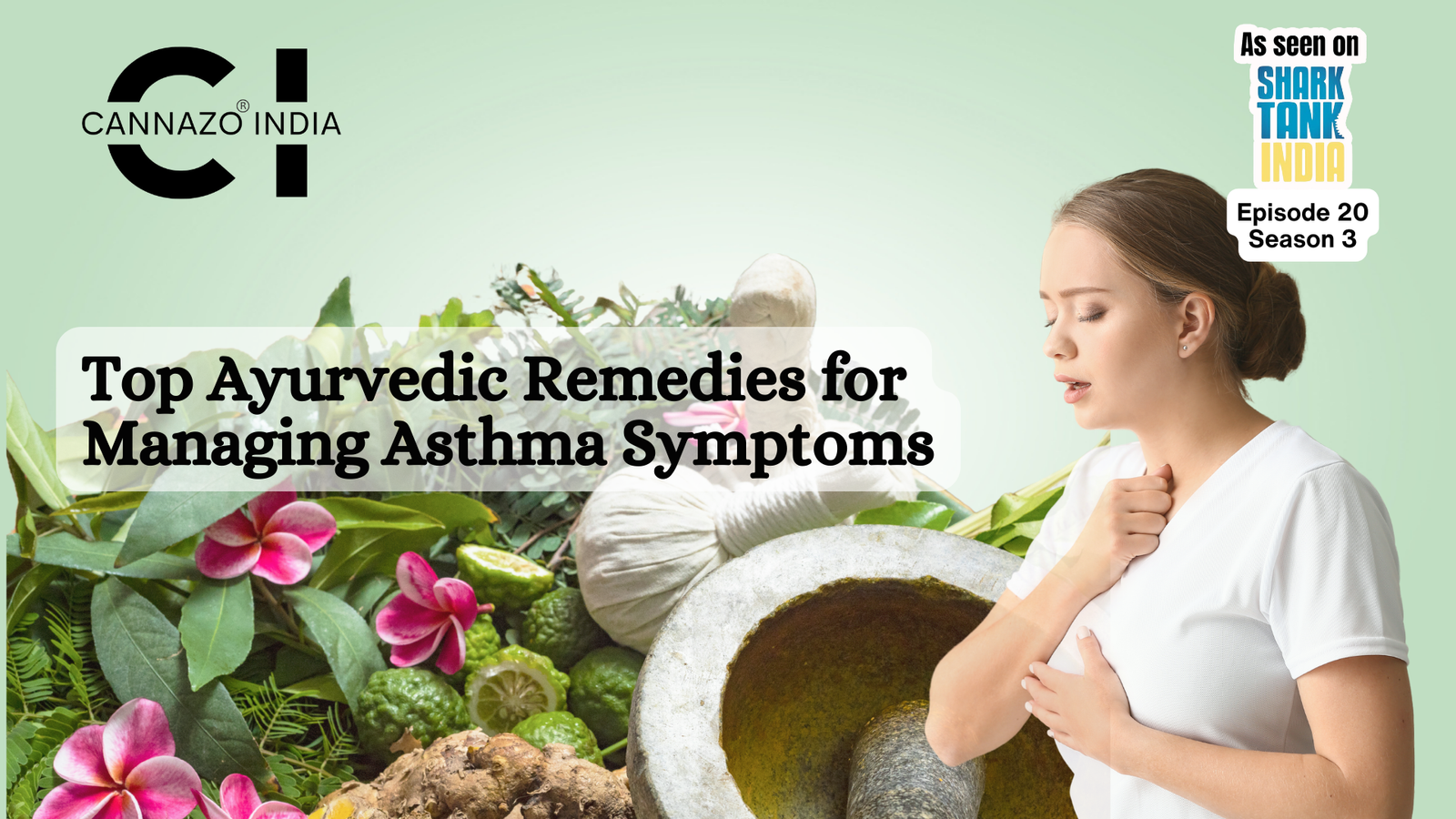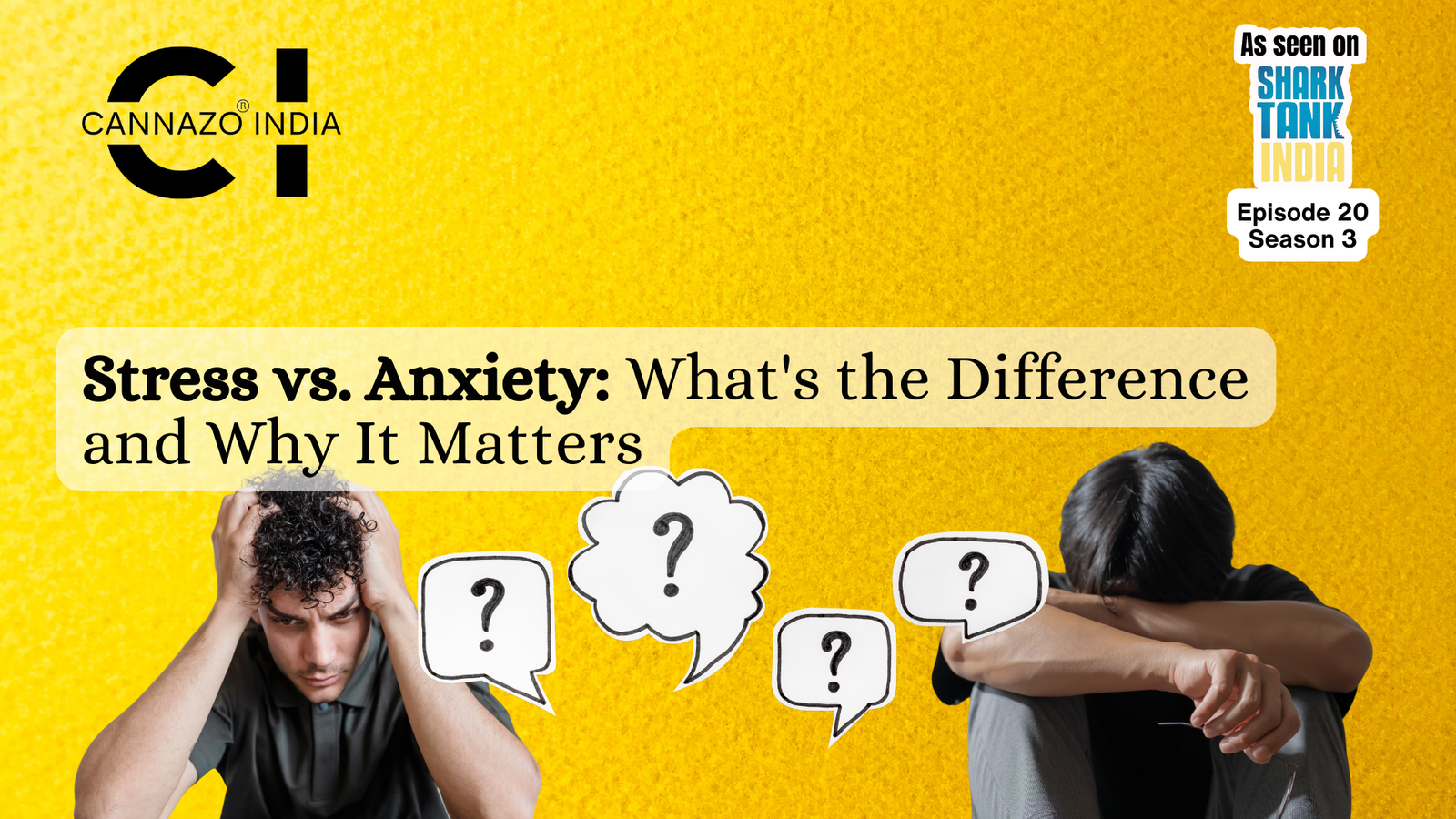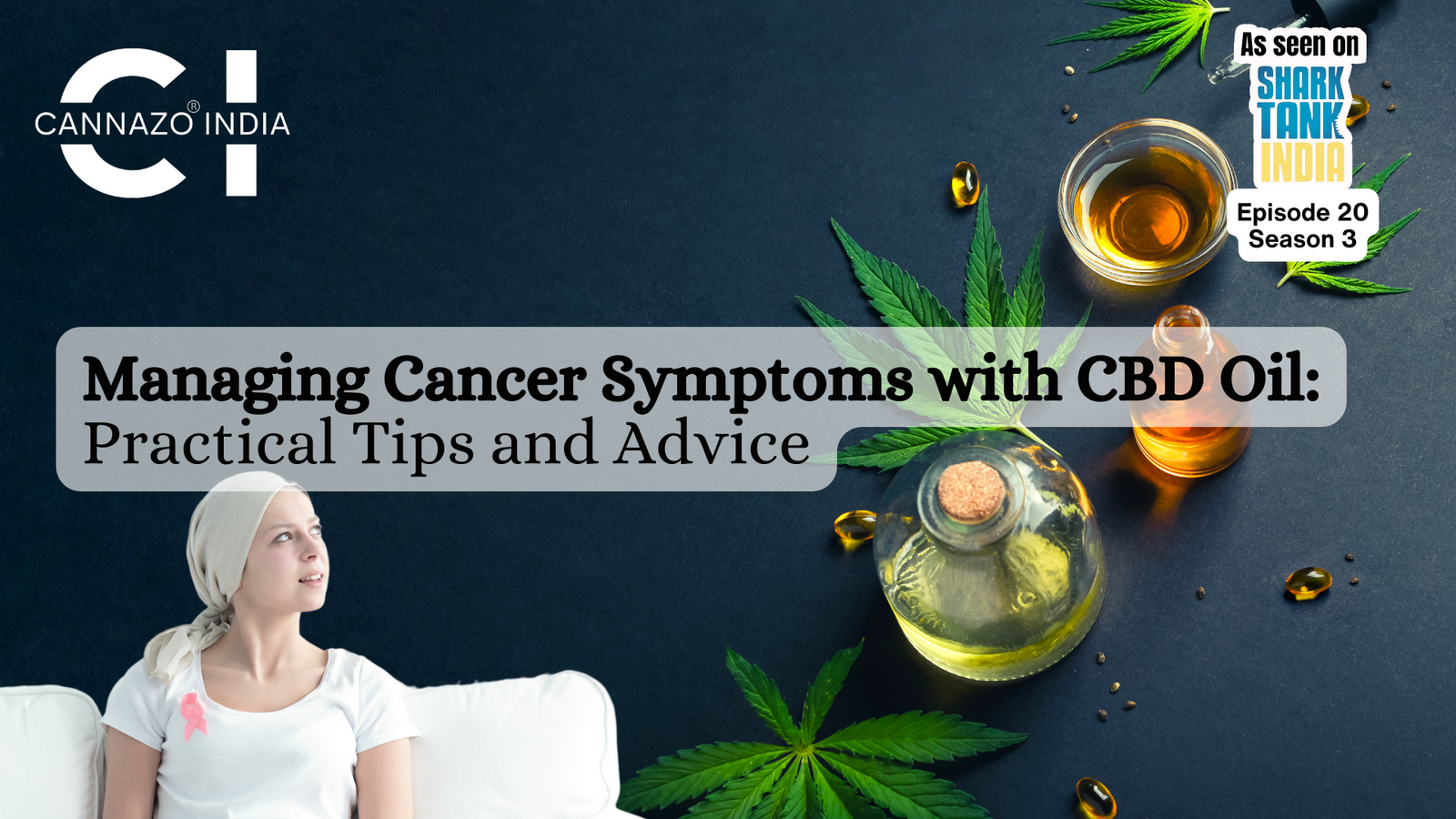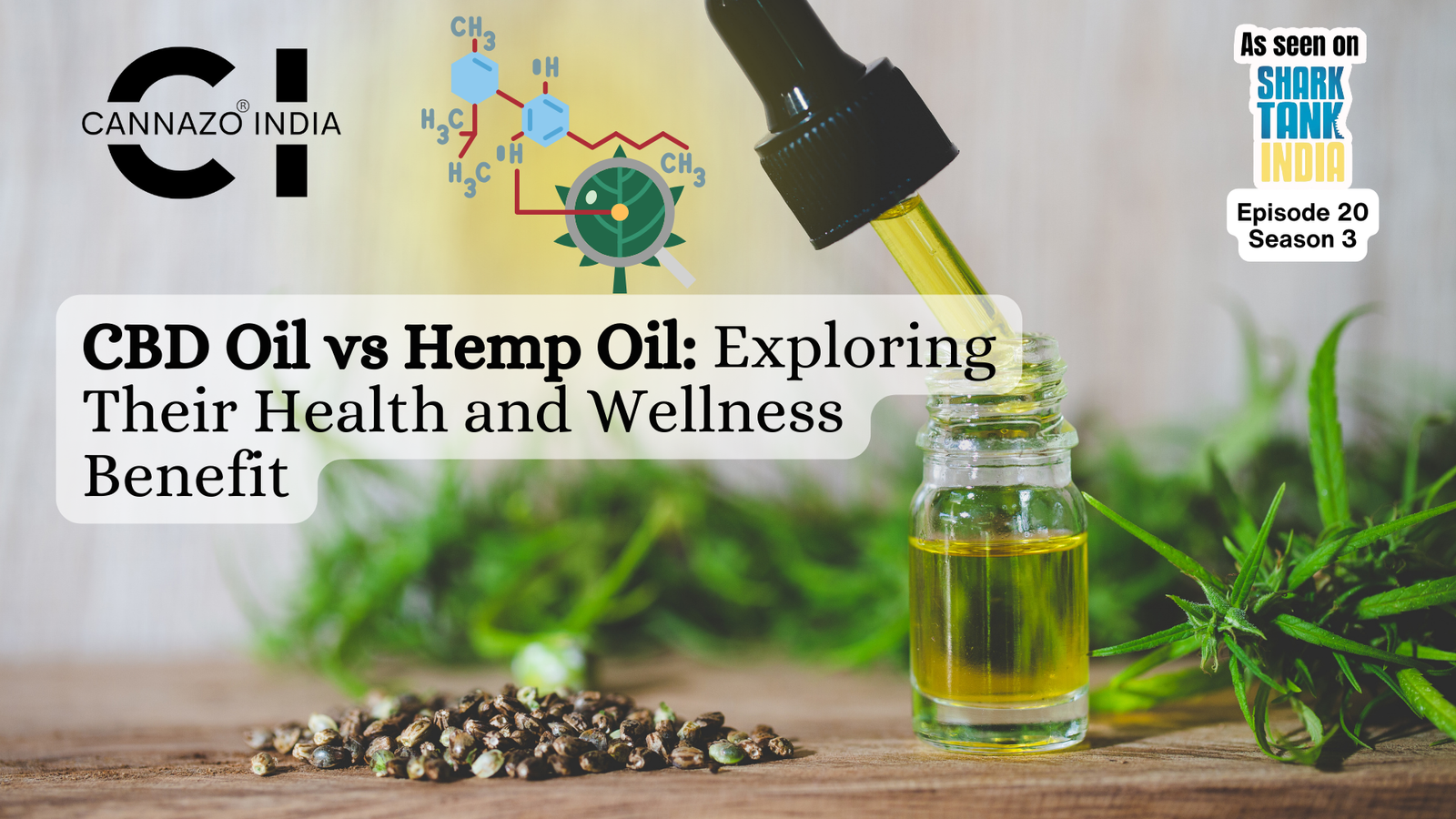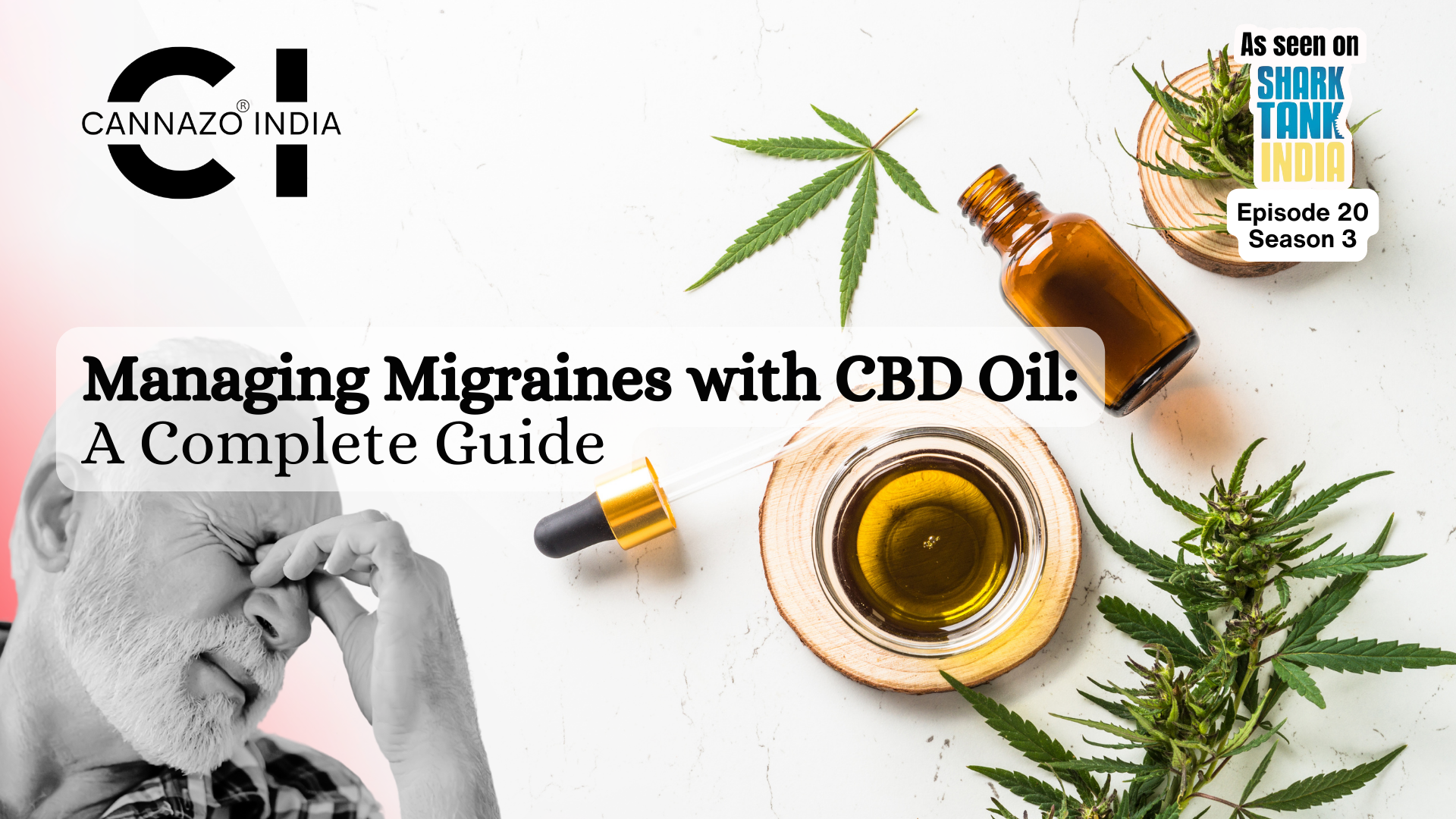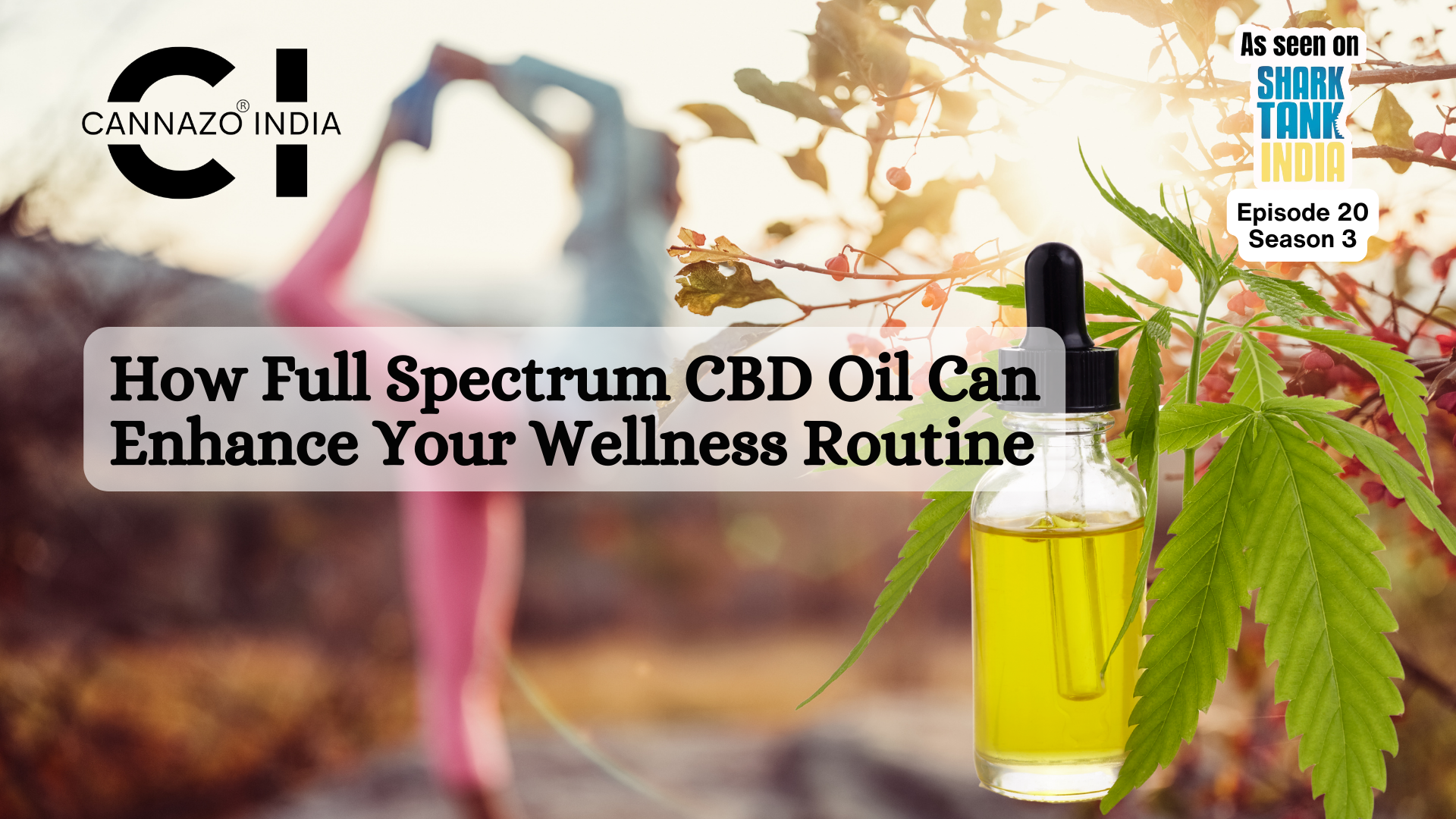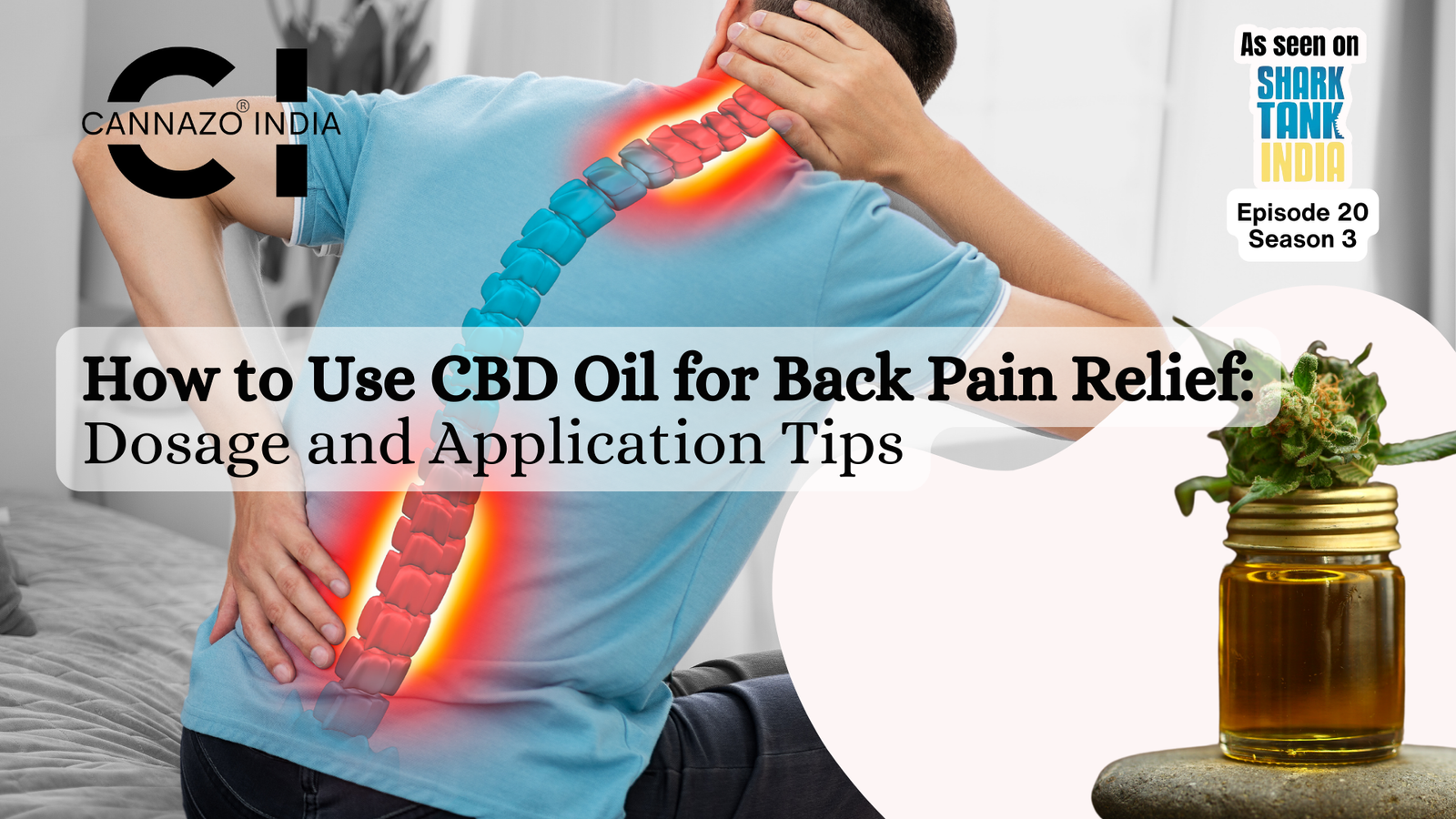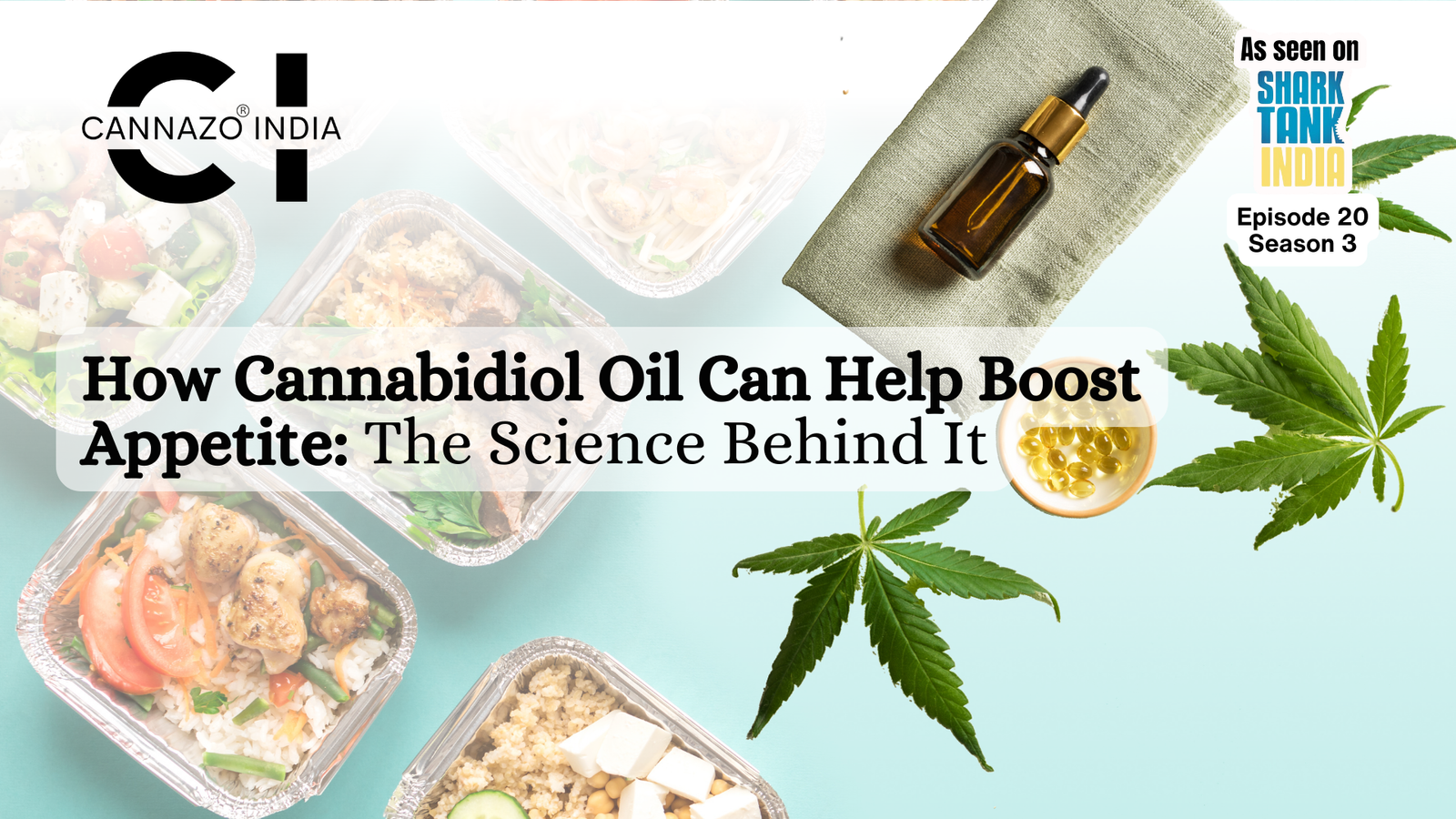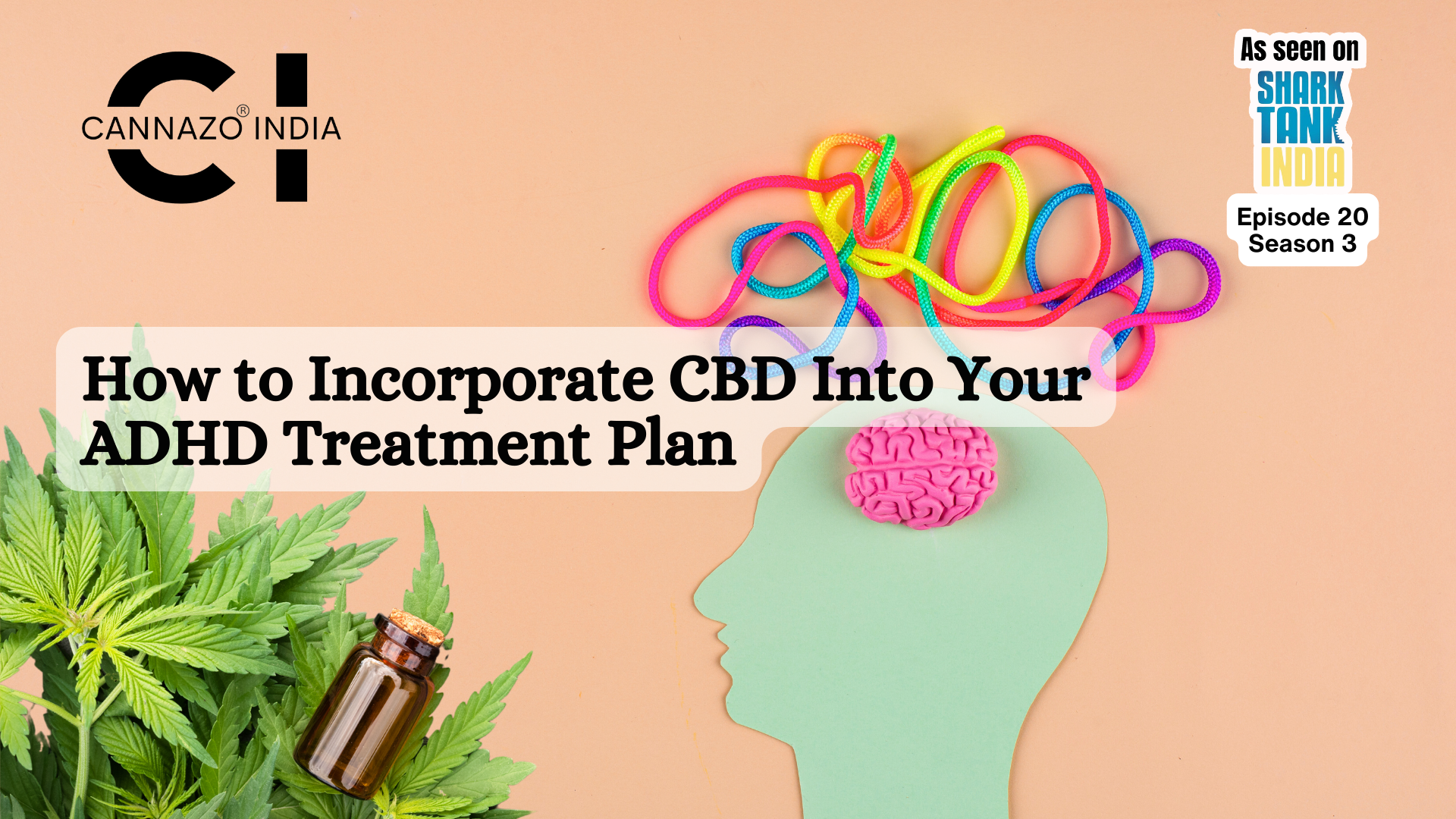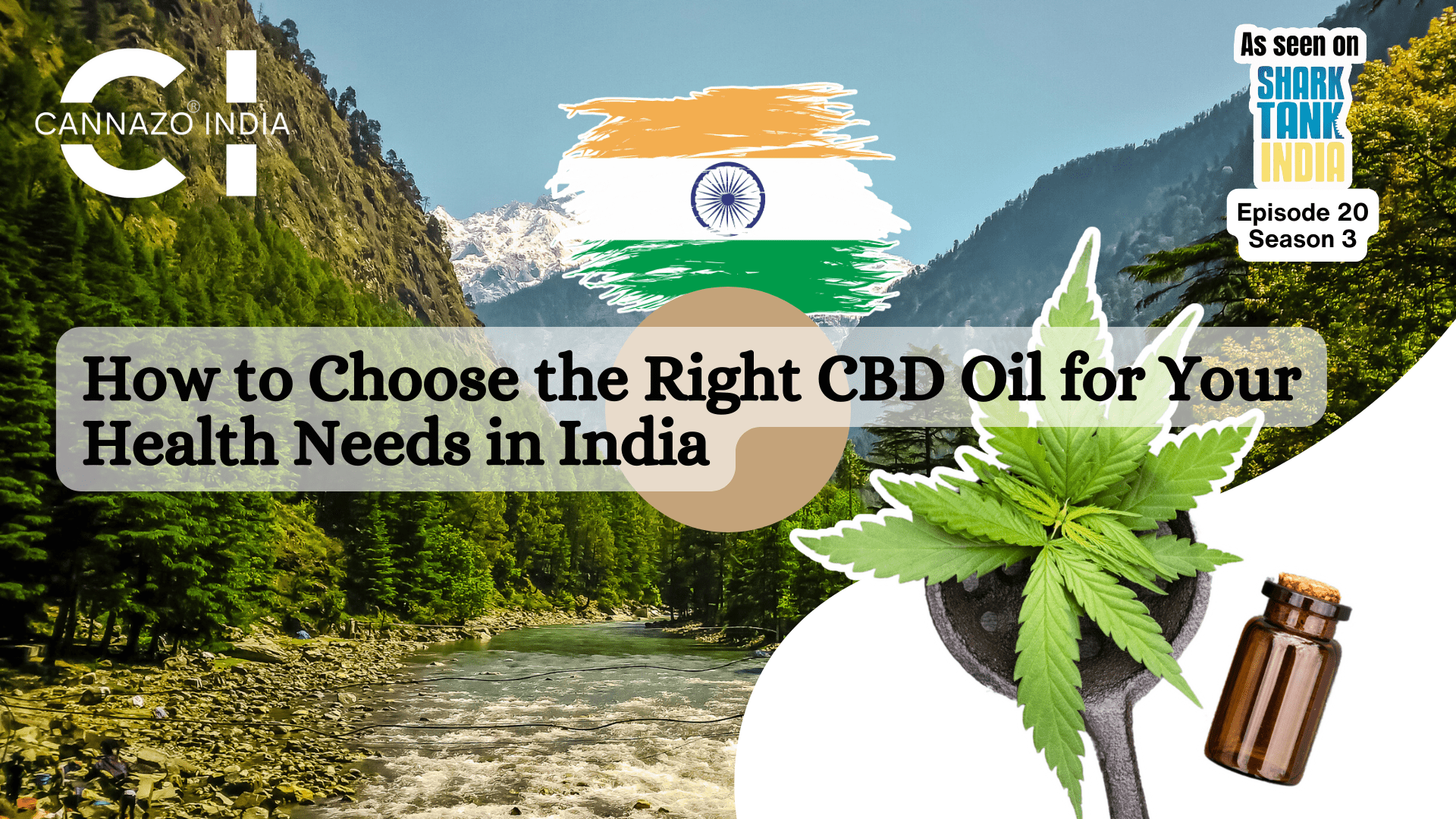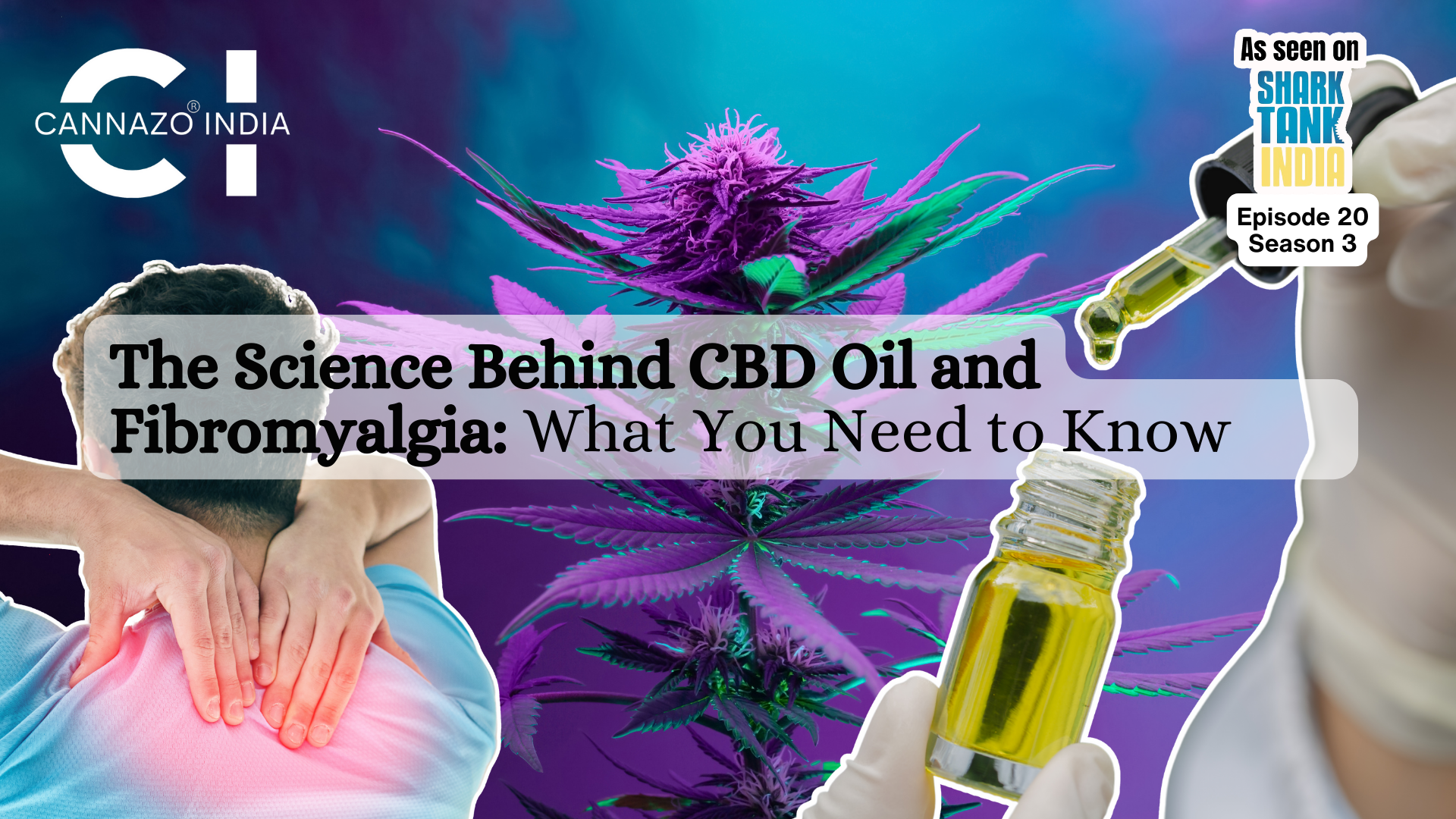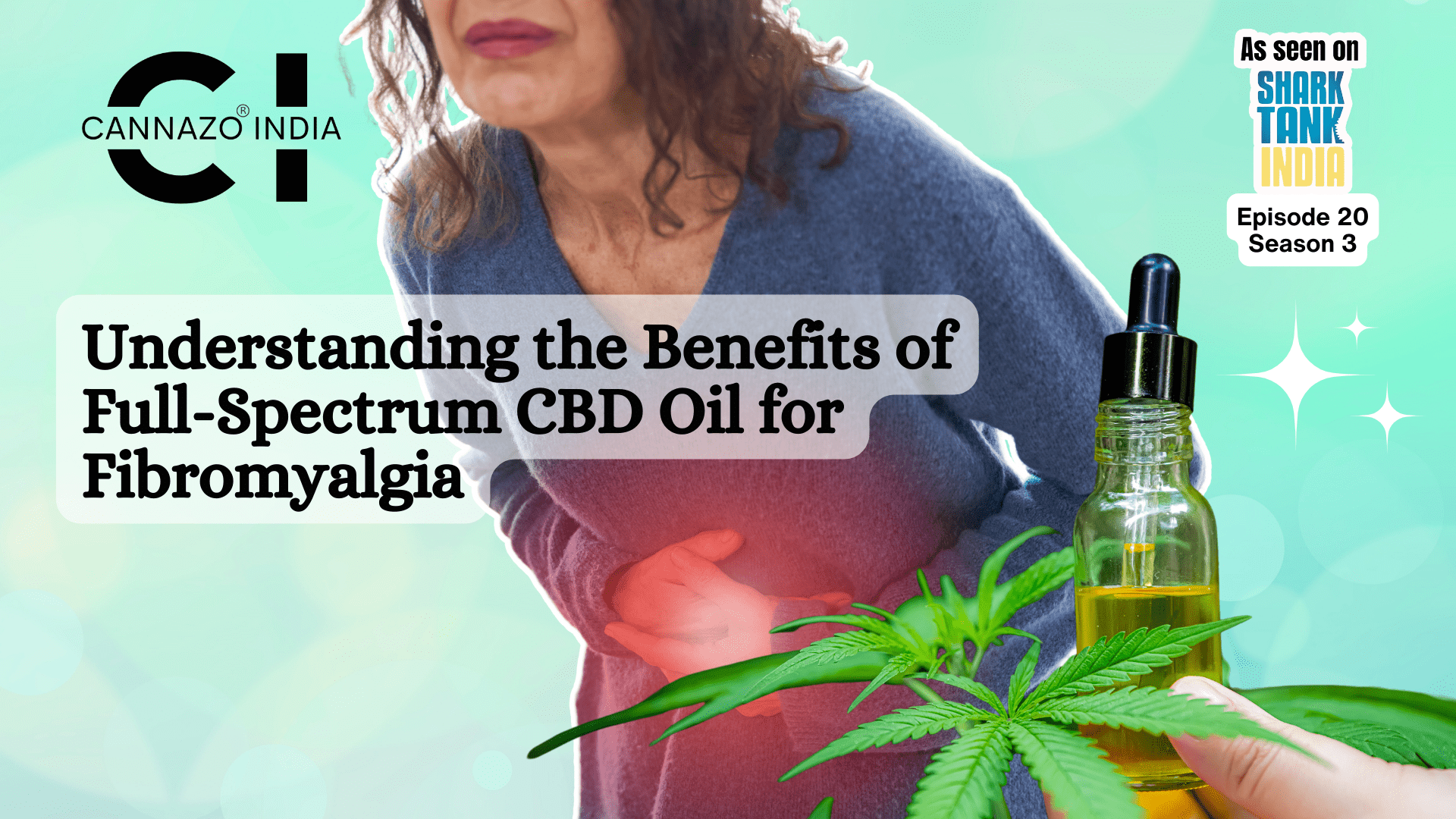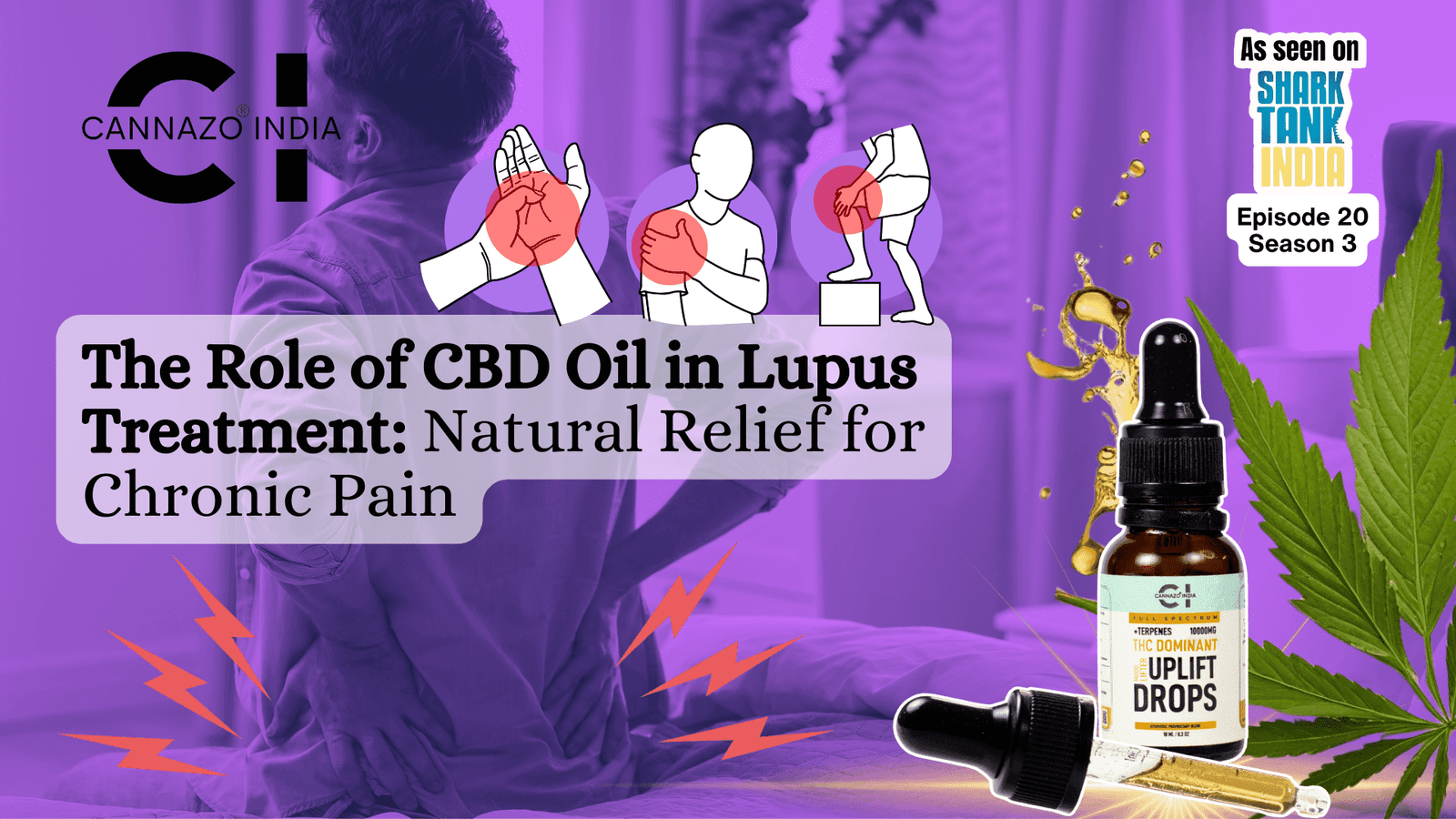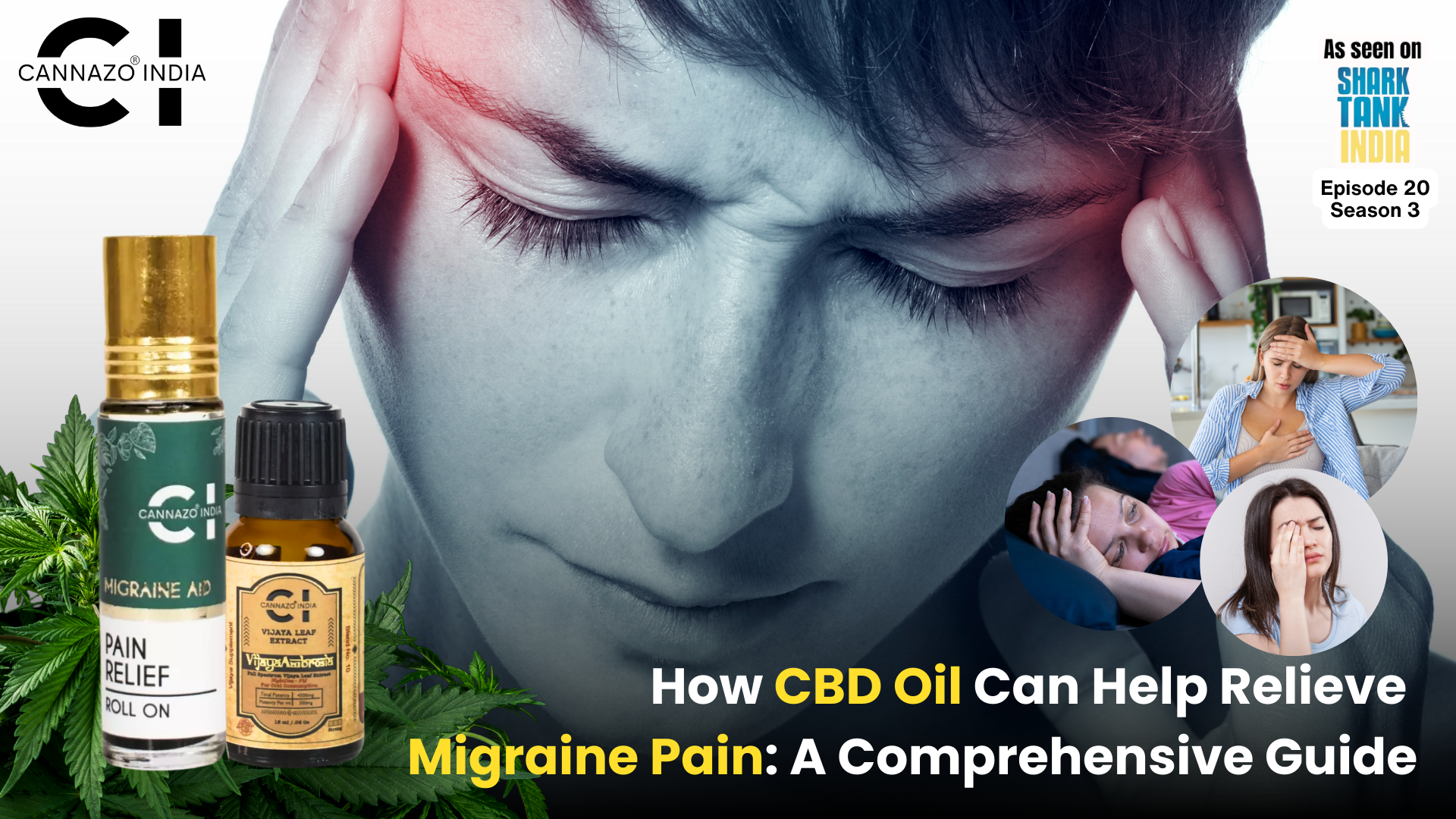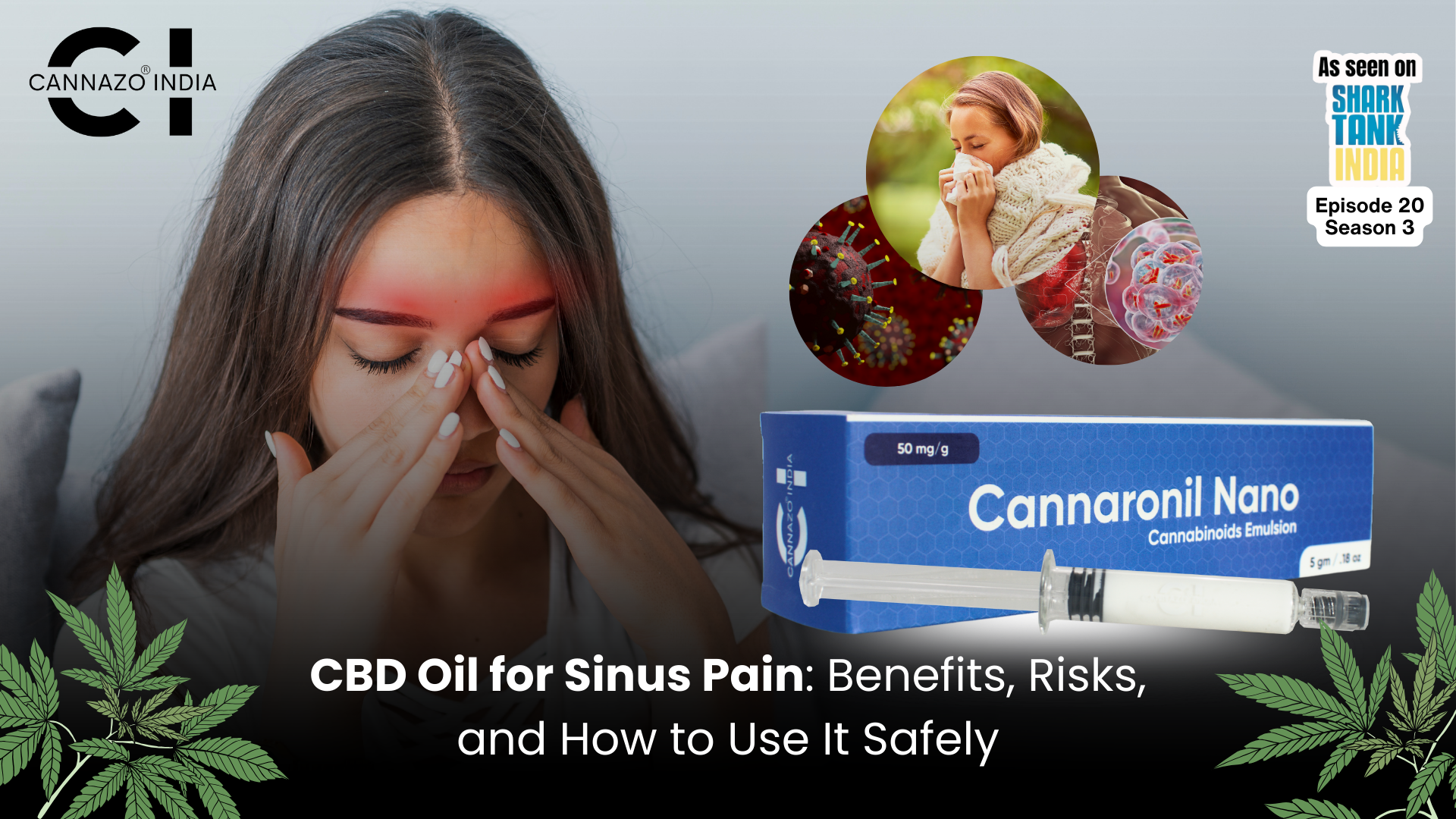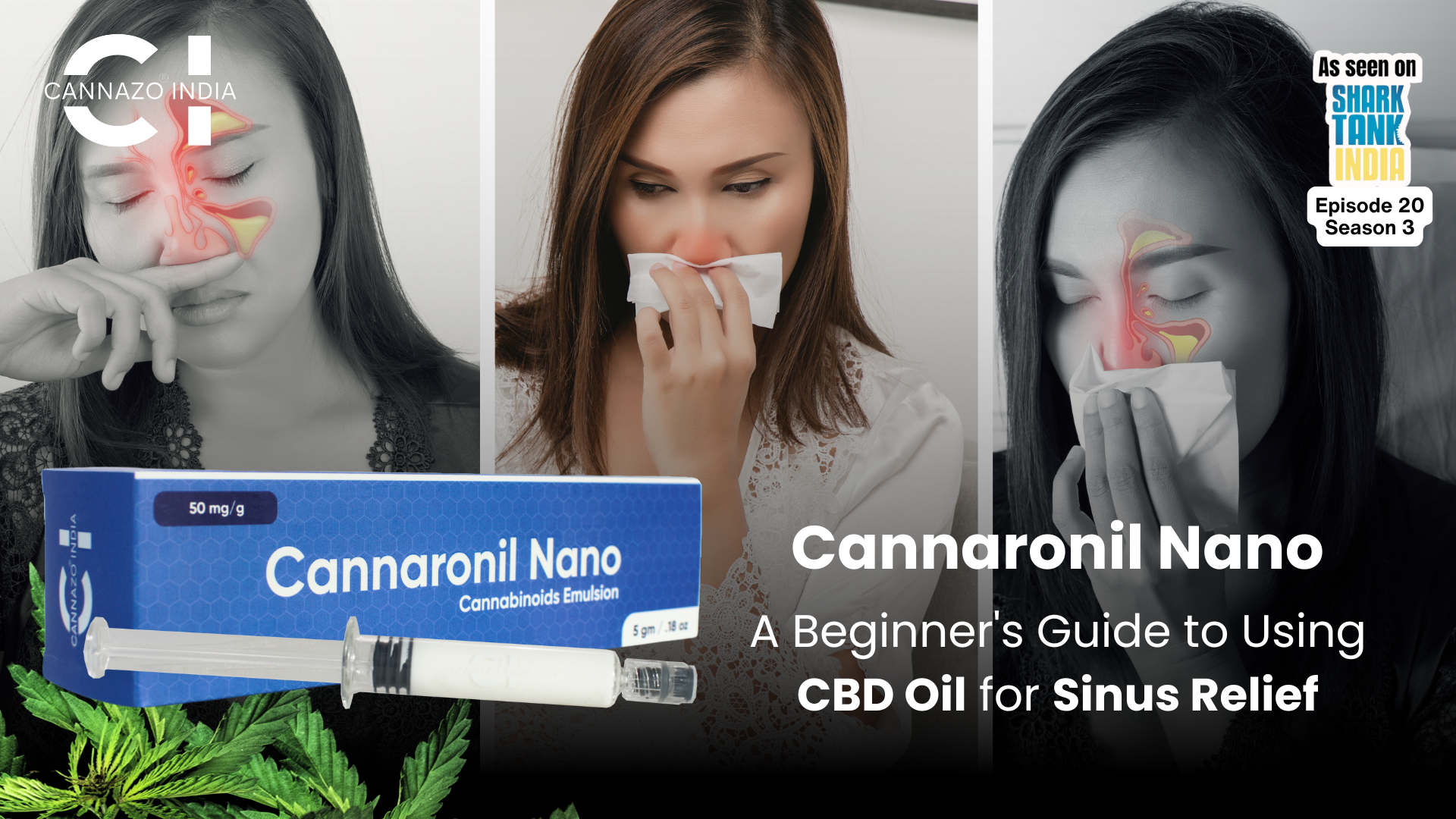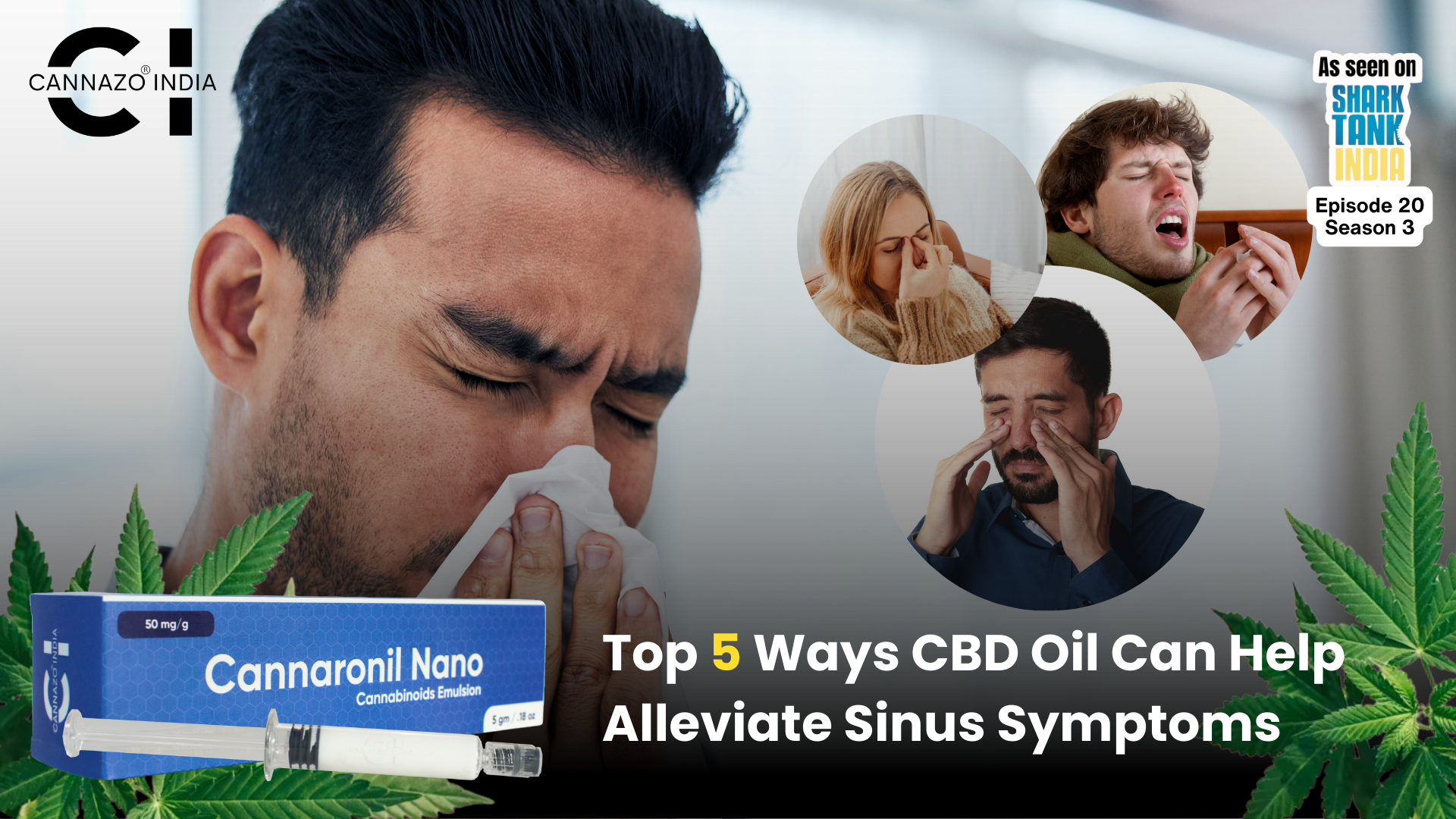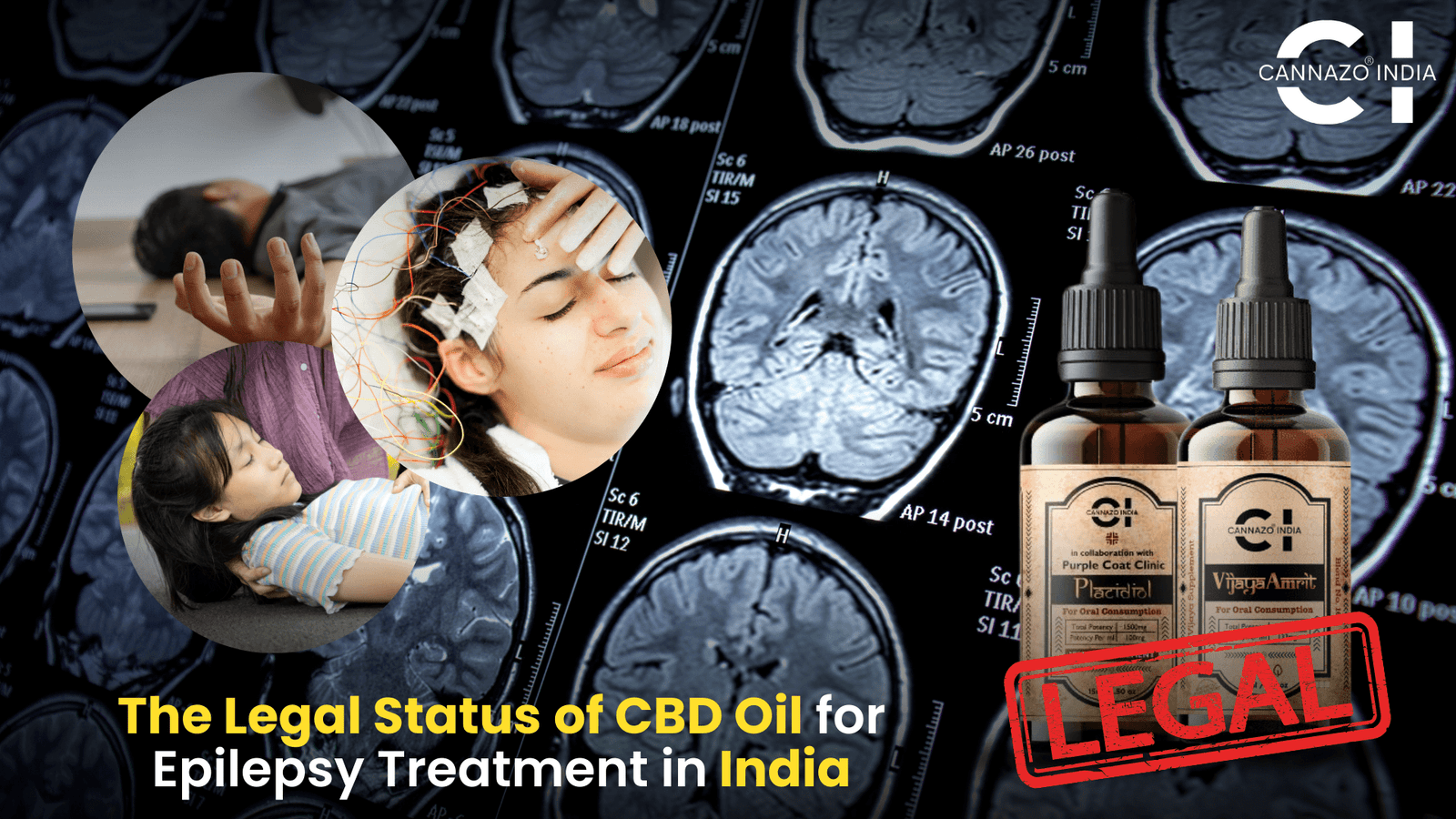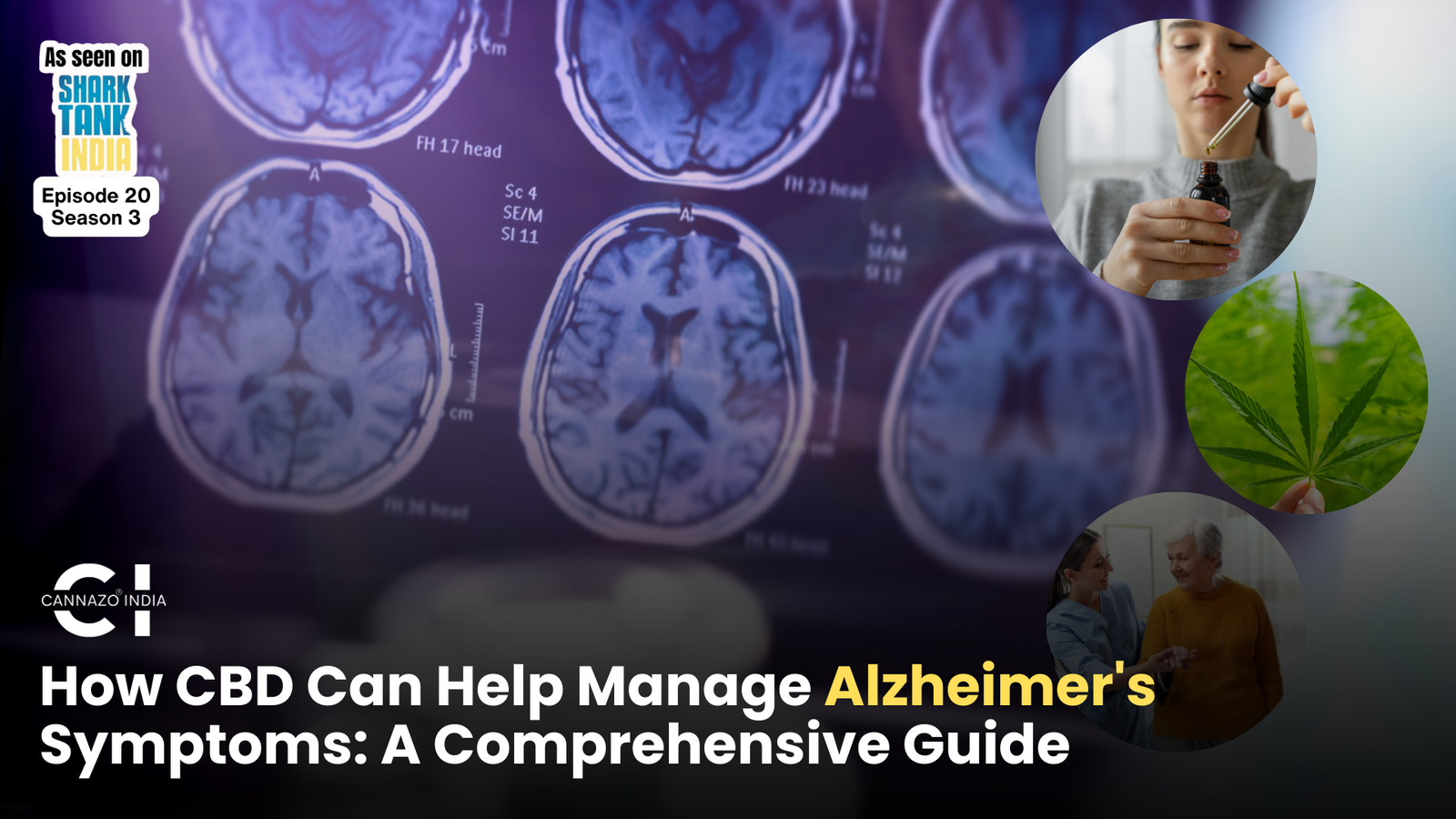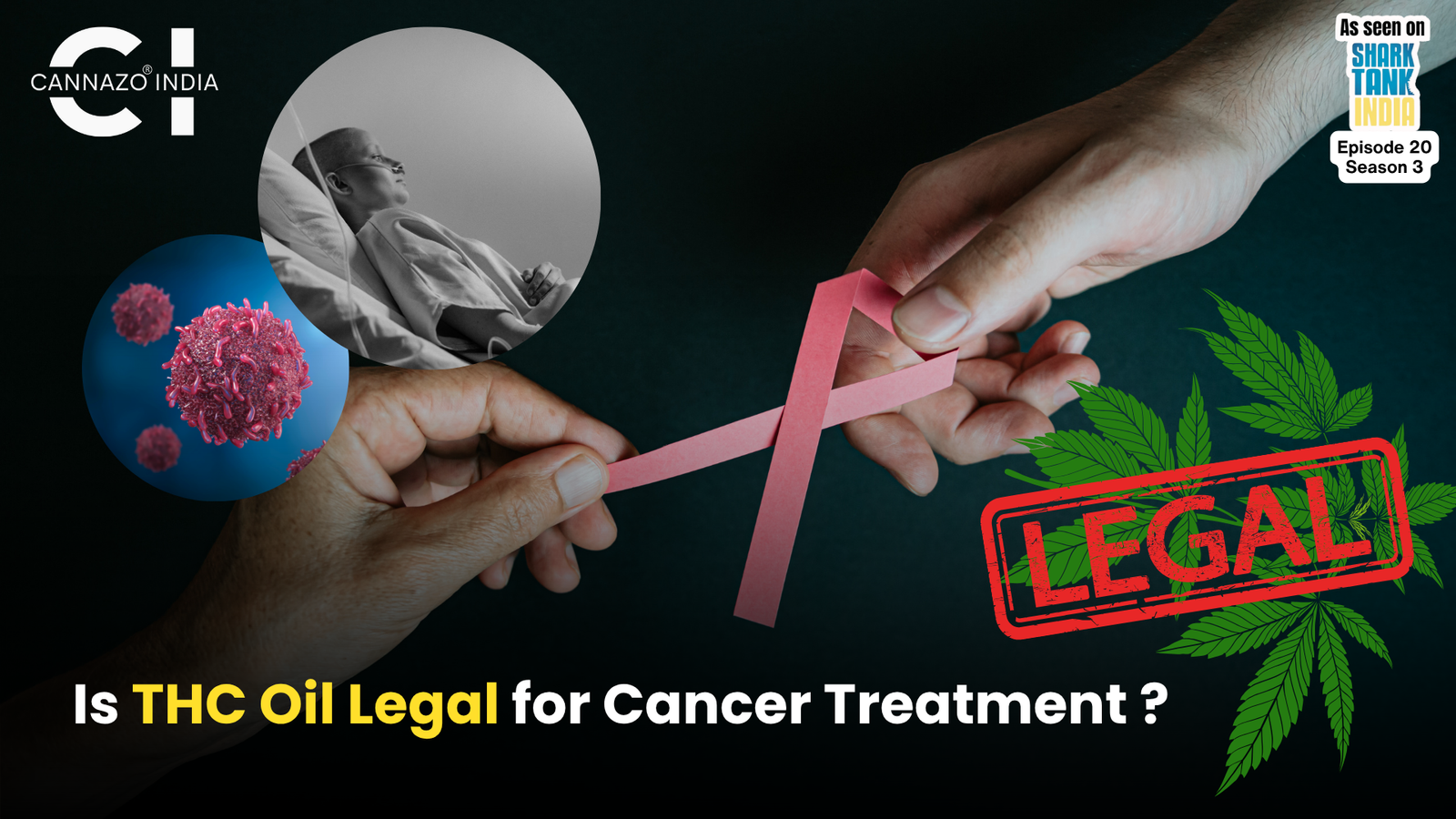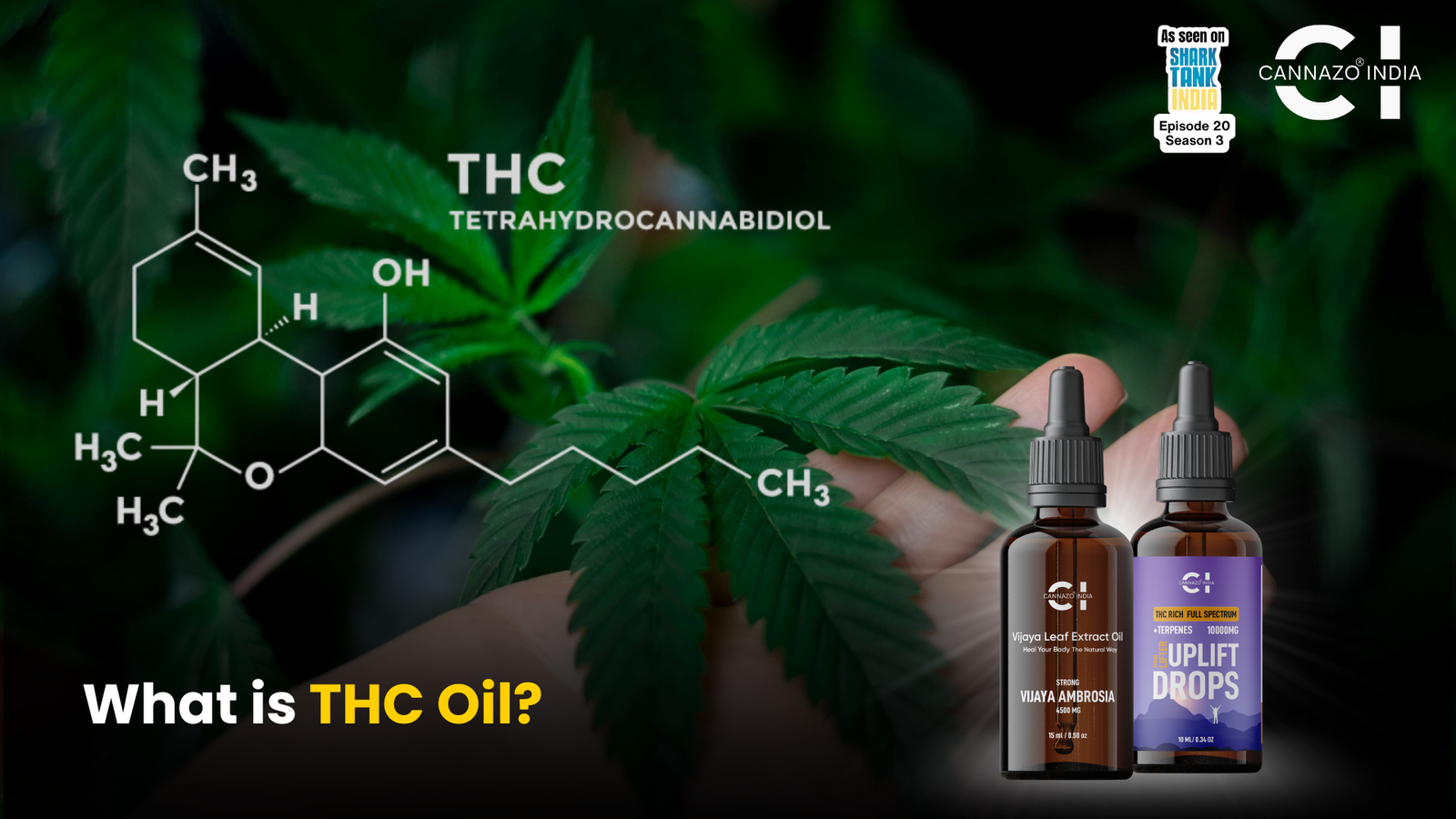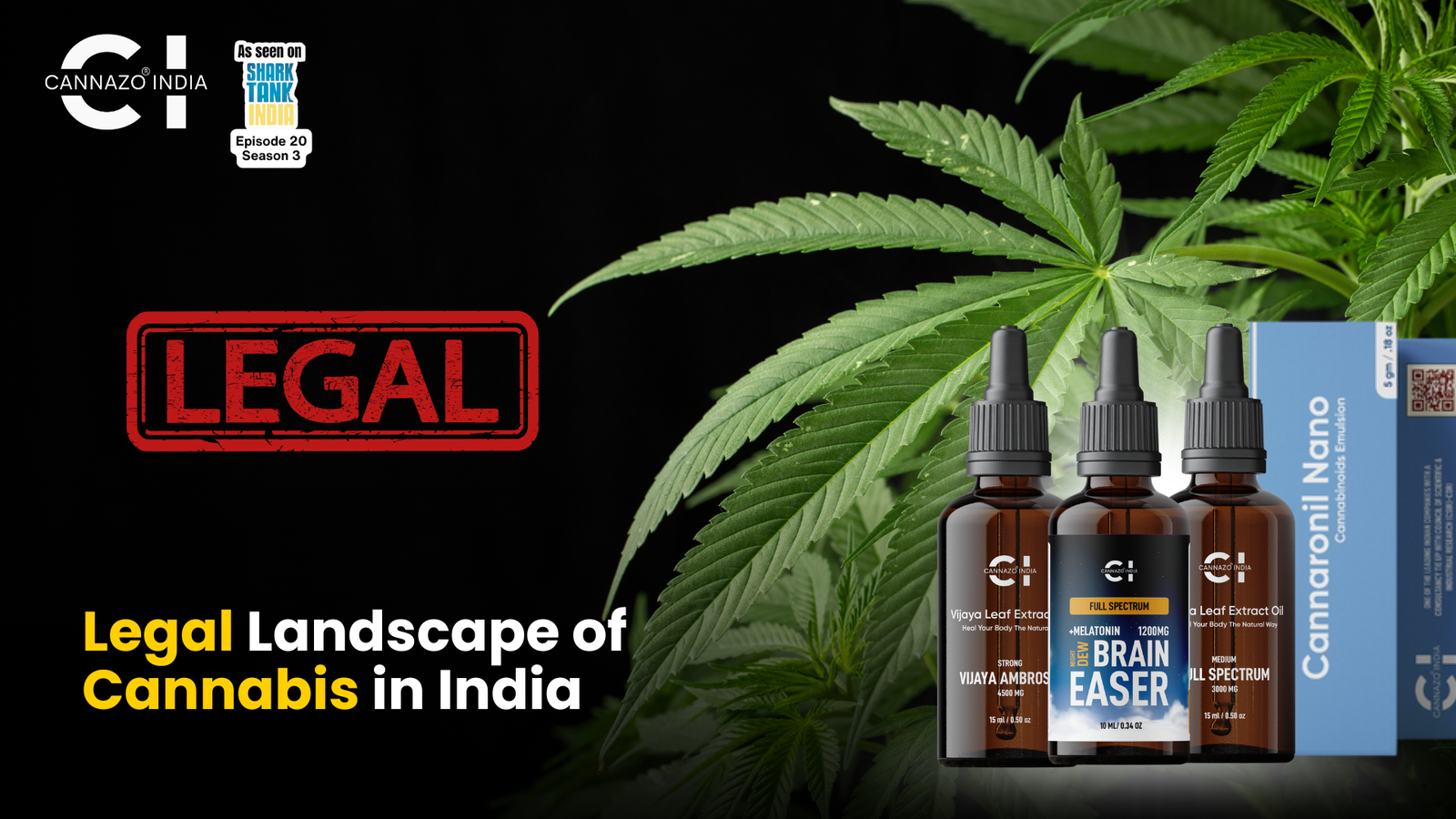Introduction
Medical THC oil, a concentrated extract from the cannabis plant, is gaining attention worldwide for its therapeutic potential. In India, interest in cannabis-based medicines is rising, but regulations and access remain complex. This guide explains what medical THC oil is, how it works, its benefits, uses, legal status in India, and considerations for patients.
What Is Medical THC Oil?
Medical THC oil is a concentrated liquid extract derived from the cannabis plant, specifically formulated to contain tetrahydrocannabinol (THC)—the primary psychoactive compound in cannabis—often alongside other cannabinoids like CBD (cannabidiol). These oils are typically produced for oral or sublingual (under the tongue) administration and are standardised for pharmaceutical use to ensure consistent dosing and quality.
How Does Medical THC Oil Work?
THC oil exerts its effects by engaging the endocannabinoid system (ECS), a complex signalling network in the body composed of endocannabinoids, their receptors (CB1 and CB2), and enzymes that synthesise and break down these molecules. THC, the primary psychoactive compound in cannabis, mimics the action of naturally occurring endocannabinoids by binding to these receptors.
CB1 receptors are primarily located in the brain and central nervous system, where THC’s binding leads to altered neurotransmitter release. This interaction is responsible for many of THC’s effects, such as pain relief, mood changes, appetite stimulation, and the sensation of being “high”. CB2 receptors are found mainly in immune cells and peripheral tissues, where THC’s action can help modulate inflammation and immune responses.
By activating these receptors, THC influences a variety of physiological processes, including pain perception, emotional regulation, appetite, and immune function. This modulation helps restore the body’s internal balance (homeostasis), especially when these systems are disrupted by illness or injury. [2]
Medical Benefits of THC Oil
Research and clinical experience suggest several potential medical benefits of THC oil:
- Pain Relief: Effective for chronic pain, especially neuropathic and inflammatory pain.[3], [4]
- Nausea and Vomiting: Particularly useful for patients undergoing chemotherapy.[2]
- Muscle Spasms: Helps reduce spasms in conditions like multiple sclerosis.[2]
- Appetite Stimulation: Beneficial for patients with HIV/AIDS or cancer experiencing weight loss.[2]
- Sleep Improvement: May help with sleep disorders related to chronic pain or neurological conditions.[3],[4]
- Anxiety and PTSD: Some evidence suggests benefits for anxiety and post-traumatic stress disorder, though results can vary.[3],[4]
Common Uses of Medical THC Oil
Medical THC oil is commonly prescribed or used for:
- Chronic pain management
- Nausea and vomiting (especially from chemotherapy)
- Muscle spasticity (e.g., multiple sclerosis)
- Appetite loss and wasting syndromes
- Epilepsy and certain seizure disorders (often in combination with CBD)
- Anxiety and mood disorders. [2],[3],[4]
Dosage and Administration Methods
THC oil can be administered in several ways, each affecting onset and duration:
- Sublingual (under the tongue): Fast onset (2–4 hours), lasts 6–8 hours.[1],
- Oral (swallowed): Slower onset (2–3 hours), longer duration (6–12 hours), but lower absorption.[4]
- Inhalation (vaporisation): Rapid onset (10–30 minutes), shorter duration (1–3 hours), less common for oils. [4]
The correct dosage varies by individual, condition, and product. Medical supervision is essential to minimise side effects and optimise benefits.[1],
Legal Status of Medical THC Oil in India
The legal landscape for medical THC oil in India is nuanced:
- CBD Oil with Low THC: CBD oil containing less than 0.3% THC is generally legal for medical use if manufactured under a license and approved by the Central Drugs Standard Control Organisation (CDSCO).[5]
- THC-Rich Oil: Products with higher THC content are restricted and require a prescription from a licensed medical practitioner. They must also be produced under the Drugs and Cosmetics Act, 1940, and receive CDSCO approval.[5]
- Ayurvedic Medicines: Some cannabis-based preparations are permitted as proprietary Ayurvedic medicines with appropriate approvals.[5]
Patients should only purchase products from reputable, licensed sources to ensure legality and safety. [5]
How to Choose the Right Medical THC Oil
When selecting a medical THC oil:
- Check Licensing: Ensure the product is manufactured by a licensed company under the Drugs and Cosmetics Act. [5]
- Verify THC Content: Choose a product with THC levels appropriate for your medical needs and legal status. [5]
- Seek Medical Guidance: Use only under the supervision of a qualified healthcare provider.
- Review Ingredient Transparency: Opt for brands that provide lab reports and full ingredient disclosure.
Select a good transparent brand such as Cannazo India, Awshad etc.
The Future of Medical THC Oil
In India, the future of medical THC oil is closely tied to regulatory evolution, scientific research, and shifting public perception toward cannabis-based therapies.
Evolving Regulations:
Currently, medical THC oil can only be accessed under strict conditions: it must be prescribed by a registered medical practitioner and approved by regulatory bodies such as the Ministry of AYUSH or the Central Drugs Standard Control Organisation (CDSCO). The legal framework is primarily governed by the NDPS Act and the Drugs and Cosmetics Act, which restrict high-THC products but allow hemp-derived CBD oils with less than 0.3% THC for medicinal use. As global attitudes toward medical cannabis liberalise and as more Indian states explore regulated hemp cultivation, there is potential for these laws to become more accommodating, especially if patient demand and clinical evidence continue to grow.[4],[5]
Increased Research:
The expansion of clinical research is pivotal. As more studies are conducted on the safety, efficacy, and therapeutic applications of THC oil for conditions like chronic pain, epilepsy, and cancer-related symptoms, Indian regulators and healthcare professionals will have a stronger evidence base to support broader access. This could lead to the development of standardised treatment protocols and potentially the approval of new cannabis-based medicines.[6]
Greater Acceptance:
Awareness campaigns and education about the medicinal benefits of cannabis are gradually reducing stigma. As patients, doctors, and policymakers become more informed, acceptance of medical THC oil is likely to increase. This cultural shift is essential for integrating cannabis-based therapies into mainstream healthcare, especially for chronic and hard-to-treat conditions where conventional treatments may fall short.[6]
Improved Access and Quality:
With regulatory clarity and increased demand, the market for medical cannabis products in India could see significant growth. This would encourage domestic companies to invest in quality control, third-party lab testing, and transparent labelling, ensuring that patients have access to safe, standardised products. Additionally, as more states permit industrial hemp cultivation, local sourcing could reduce costs and improve supply chain reliability.[5],[6]
Conclusion
Medical THC oil represents a promising therapeutic option for various conditions, including chronic pain, nausea, muscle spasms, and more. In India, its use is tightly regulated, with legal access limited to licensed, prescription-based products. Patients interested in THC oil should consult healthcare professionals and ensure they obtain products from reputable, compliant sources. As research and policy develop, medical THC oil may play an increasingly important role in the Indian healthcare landscape.
References
- Cannabis oils. (2025, March 20). Bedrocan. https://bedrocan.com/healthcare-professionals/cannabis-thc-cbd-oils/
- Stephanie Watson, & Painter, K. (2021, December 18). Medical Marijuana: Benefits and Side Effects. WebMD; WebMD. https://www.webmd.com/a-to-z-guides/medical-marijuana-faq
- Jaoude, T. A. (2019, October 21). Cannabis (THC) Oil Dosage, Ingredients, and Effects. Medical Recreational Dispensary Boston. https://www.happyvalley.org/resources/cannabis-oil-ingredients-dosage-effects/
- 10 health benefits of cannabis that everyone should know. (2023, July 31). HempCann Solutions. https://vediherbals.com/blogs/blog/10-health-benefits-of-cannabis-infused-medicines-for-the-wellness-of-adults
- Dr. Parul. (2024, November 24). Is CBD Oil Legal in India? Qurist. https://qurist.in/blogs/news/is-cbd-oil-legal-in-india
- CannazoIndia. (2025, March 19). The popularity of cannabis-derived products has surged globally, with CBD oil and hemp oil gaining significant attention for their potential health benefits. However, in India, the legal status of these products is a topic of growing interest and debate. Linkedin.com. https://www.linkedin.com/pulse/cbd-oil-vs-hemp-understanding-legal-status-india-cannazoindia-8r84c





